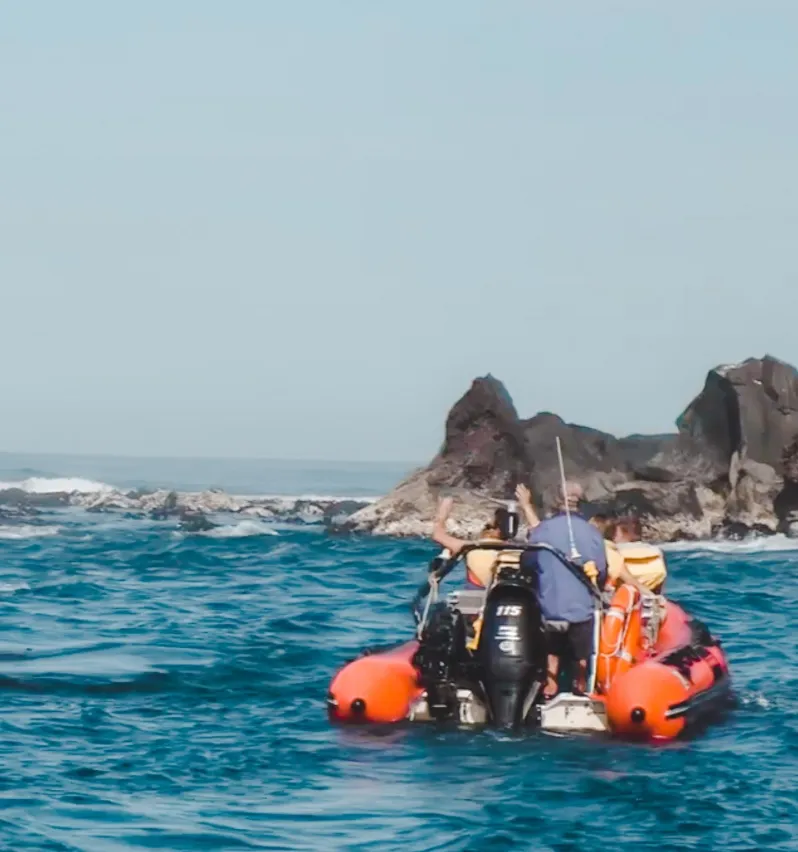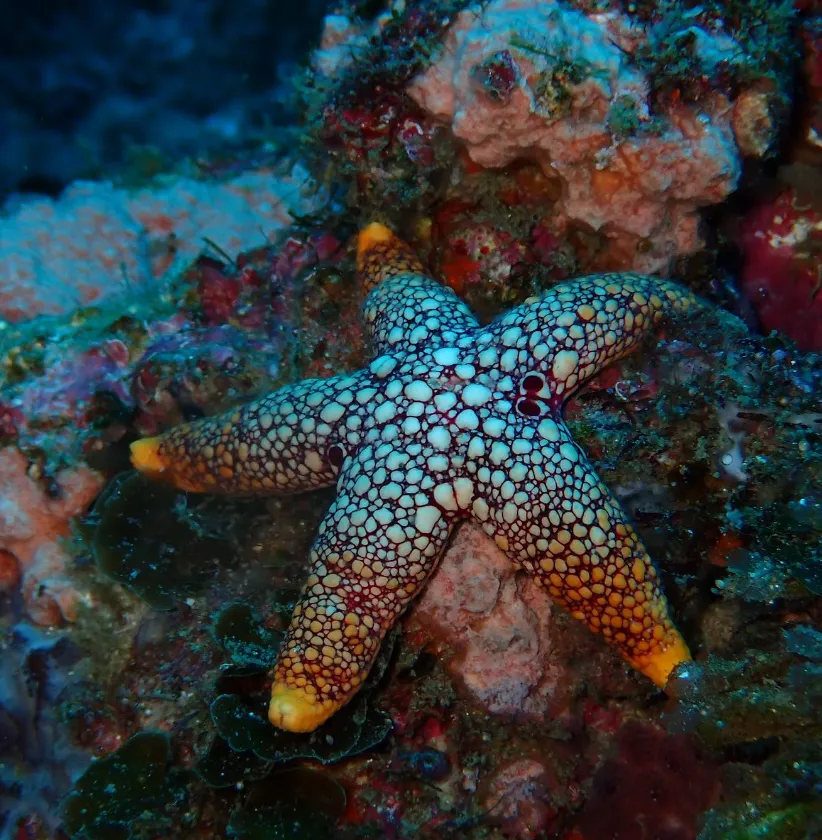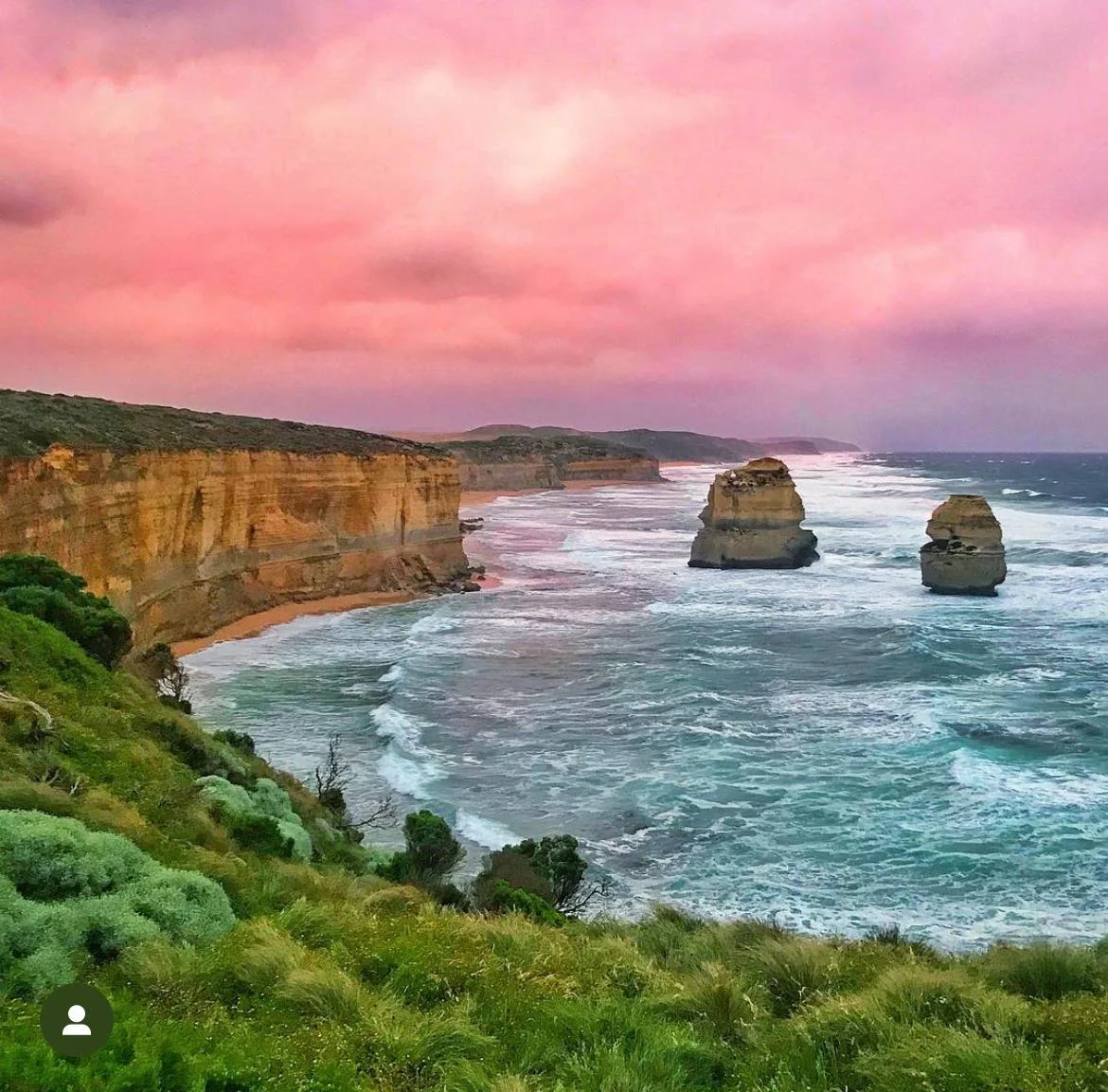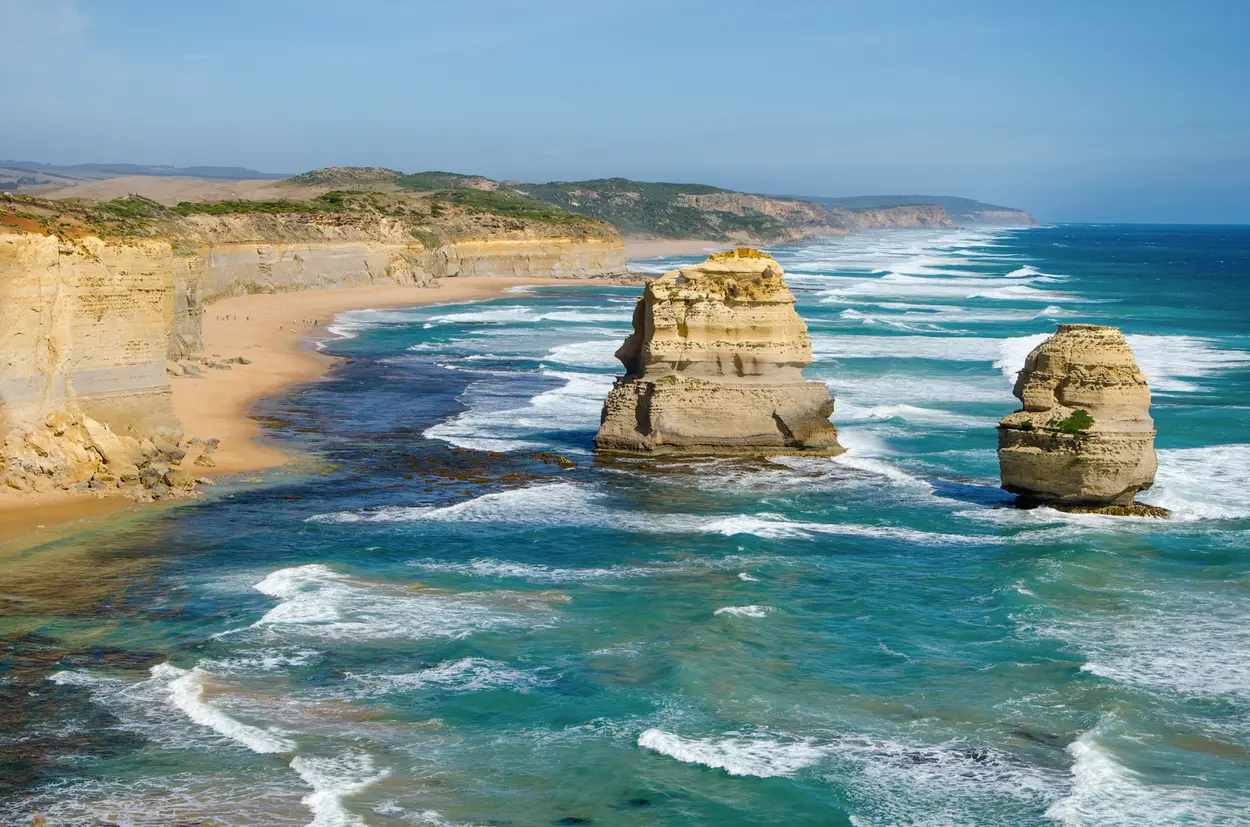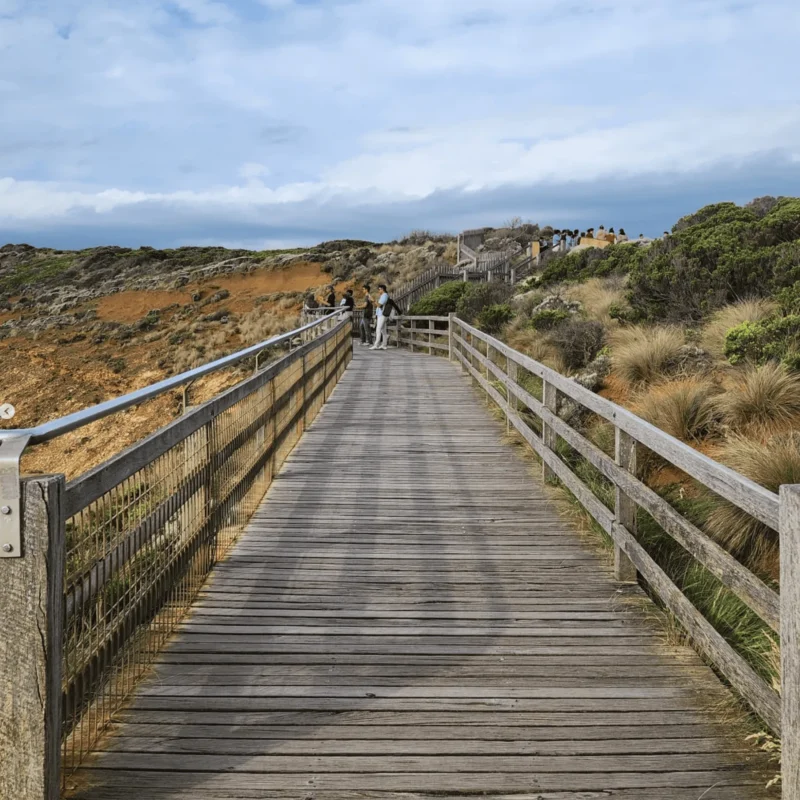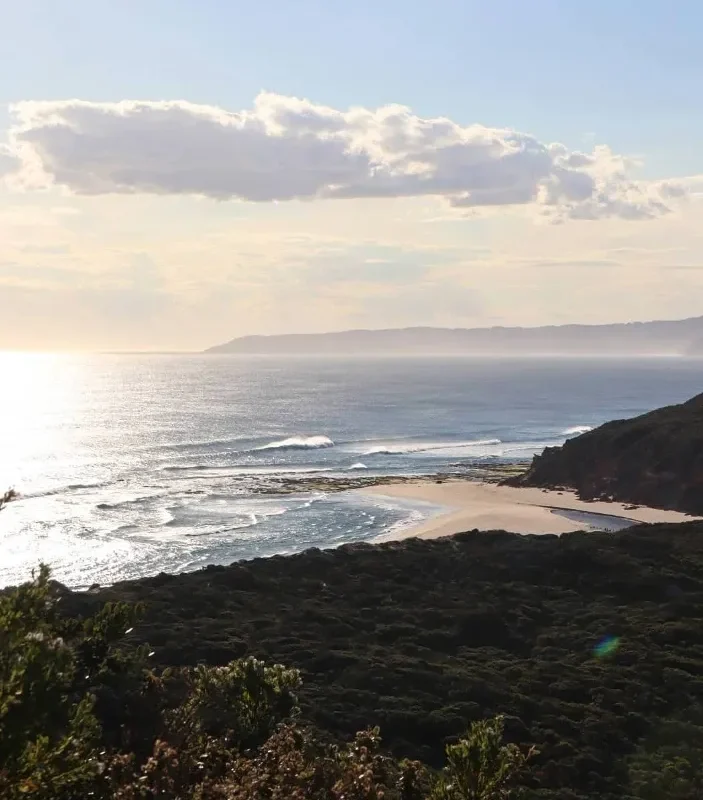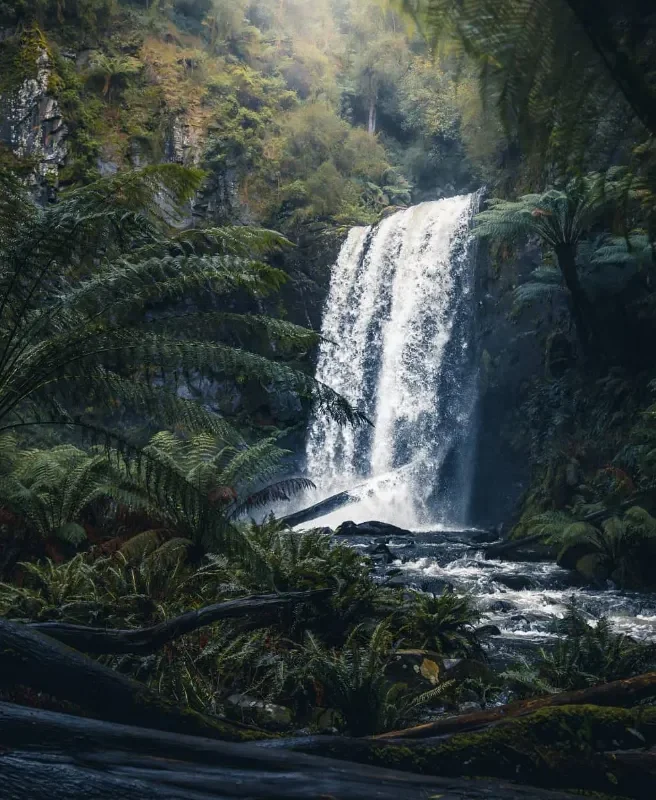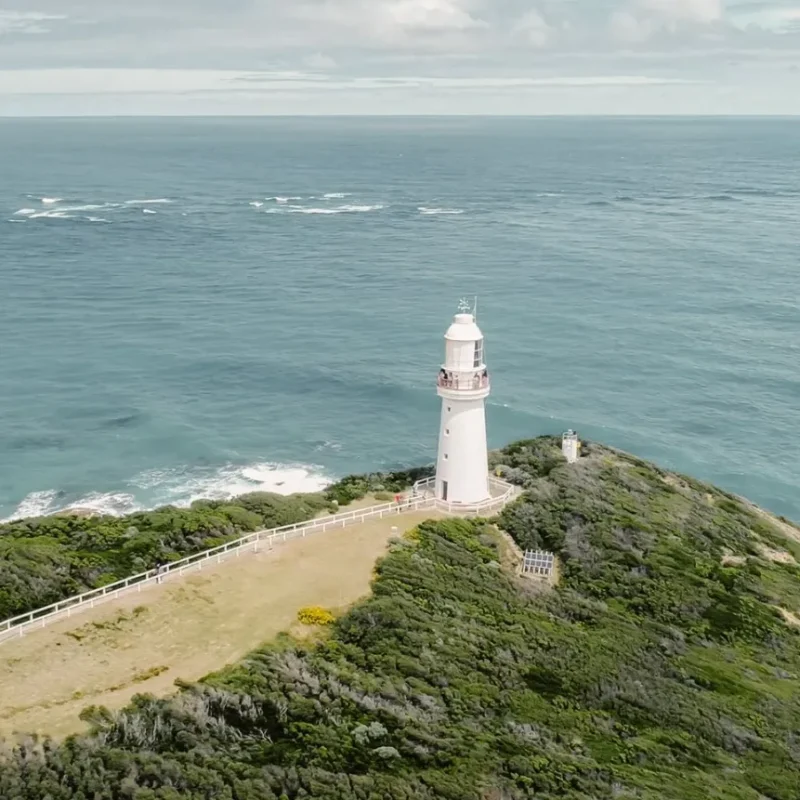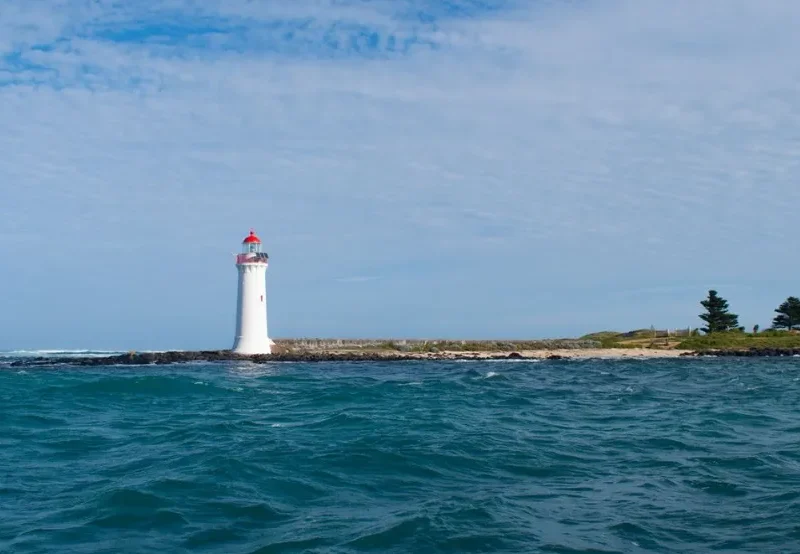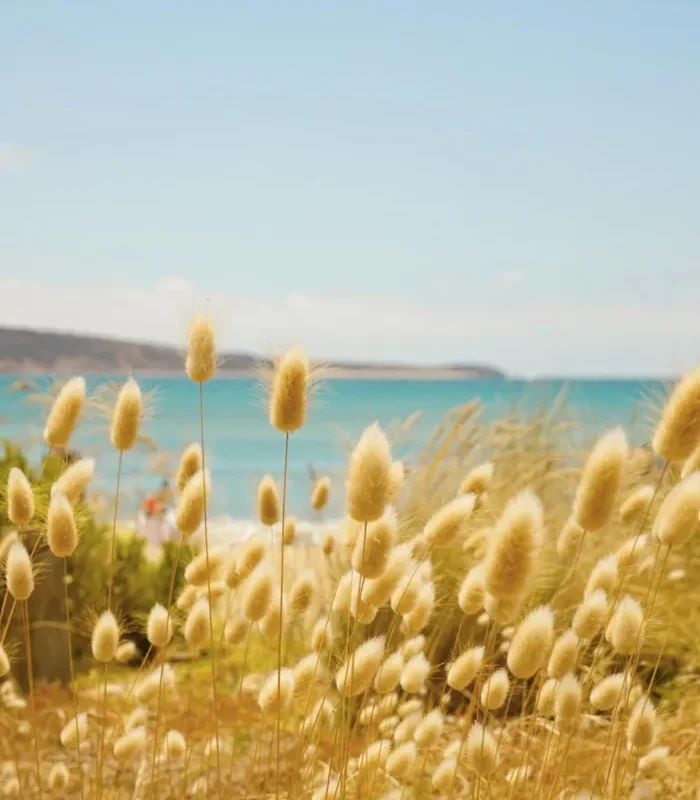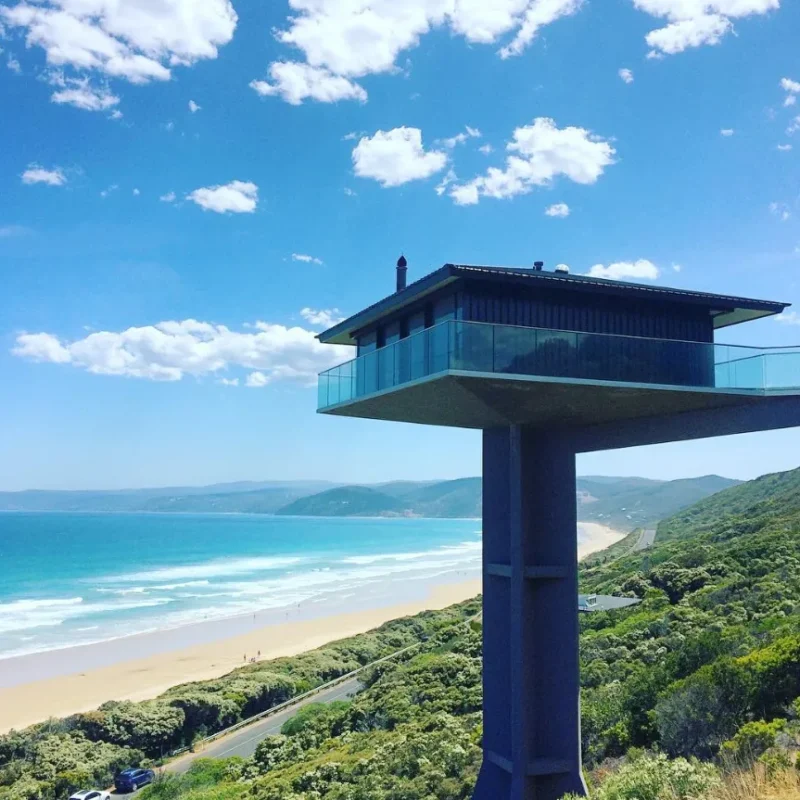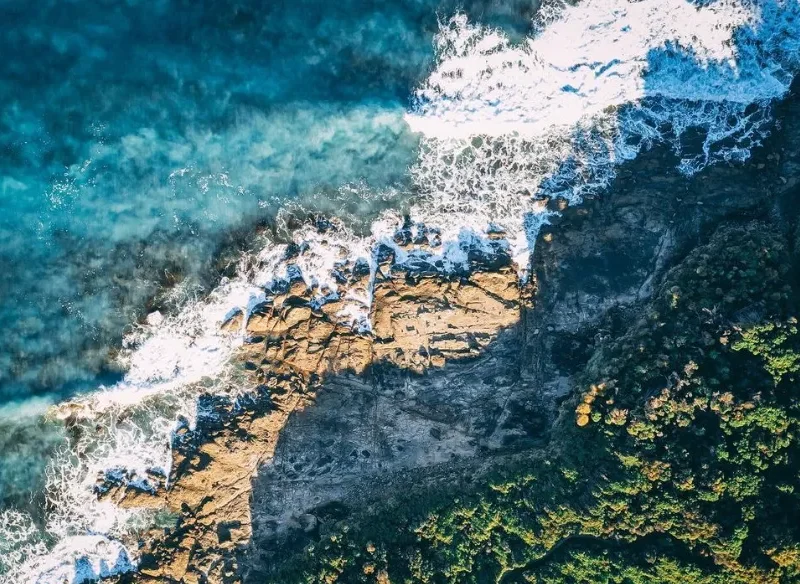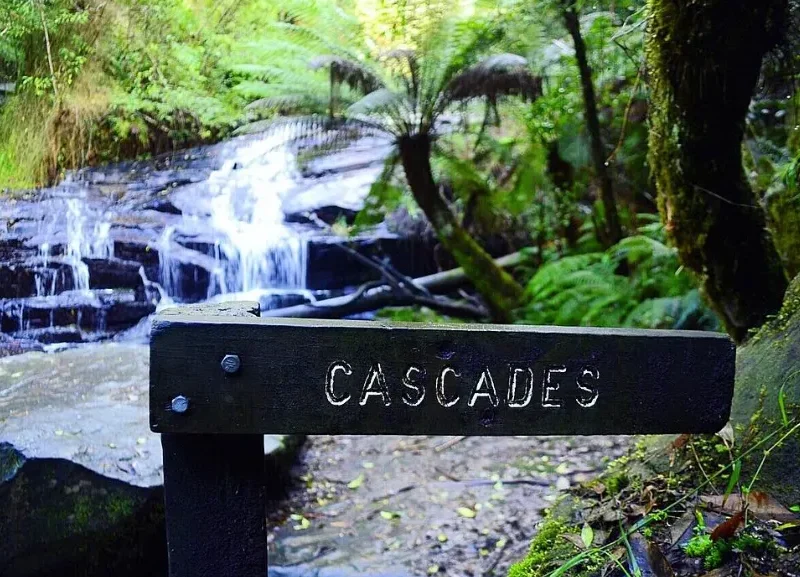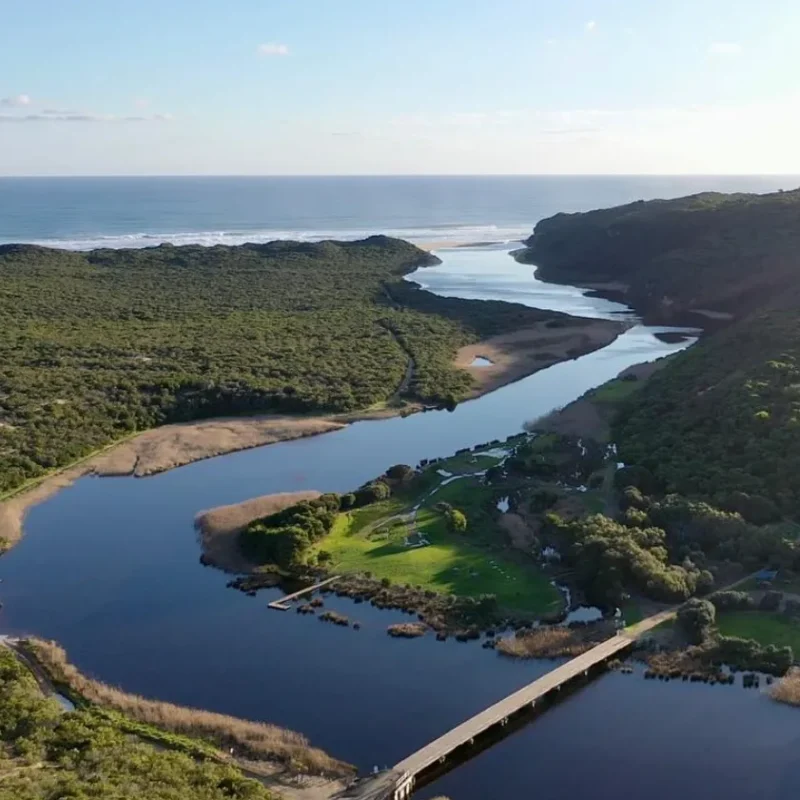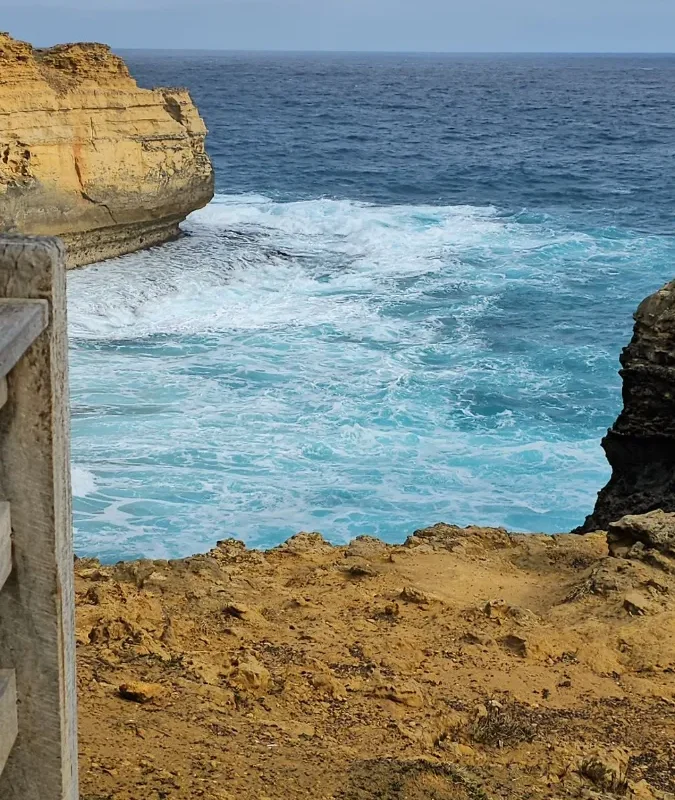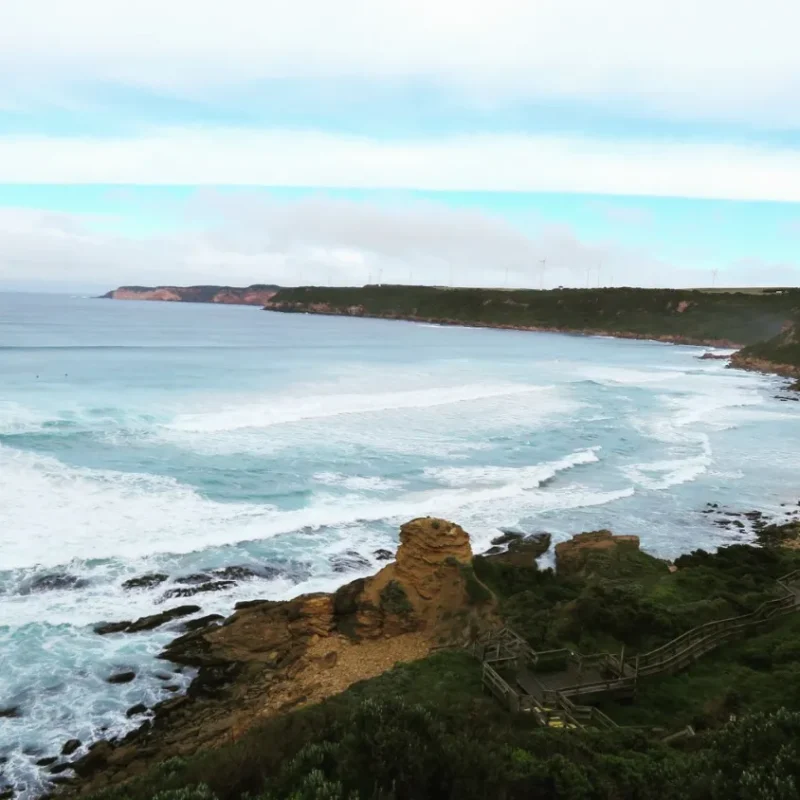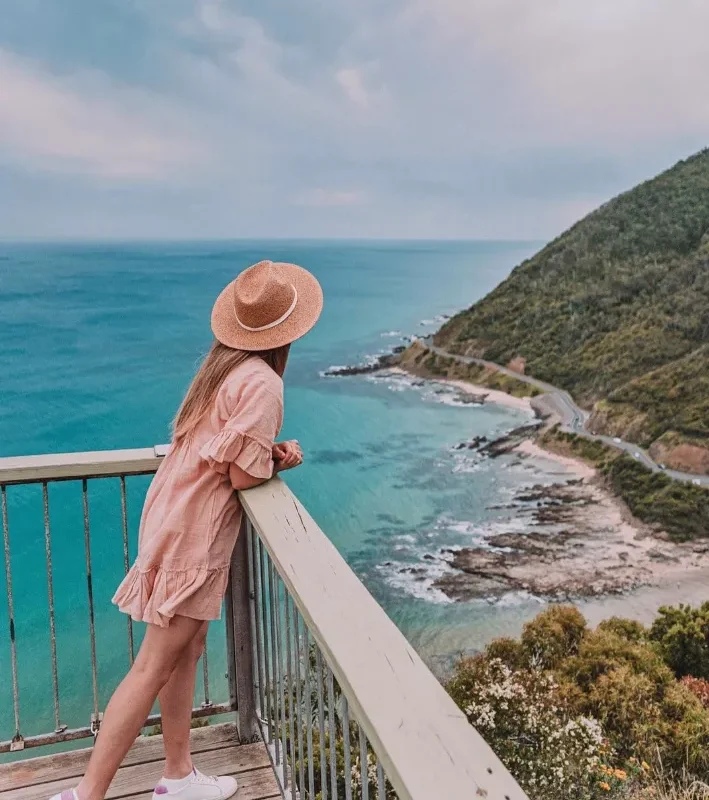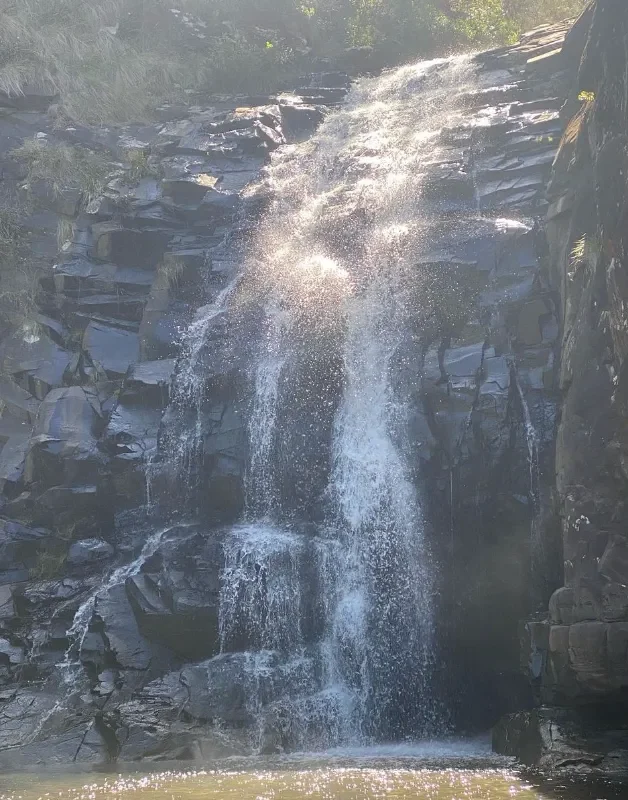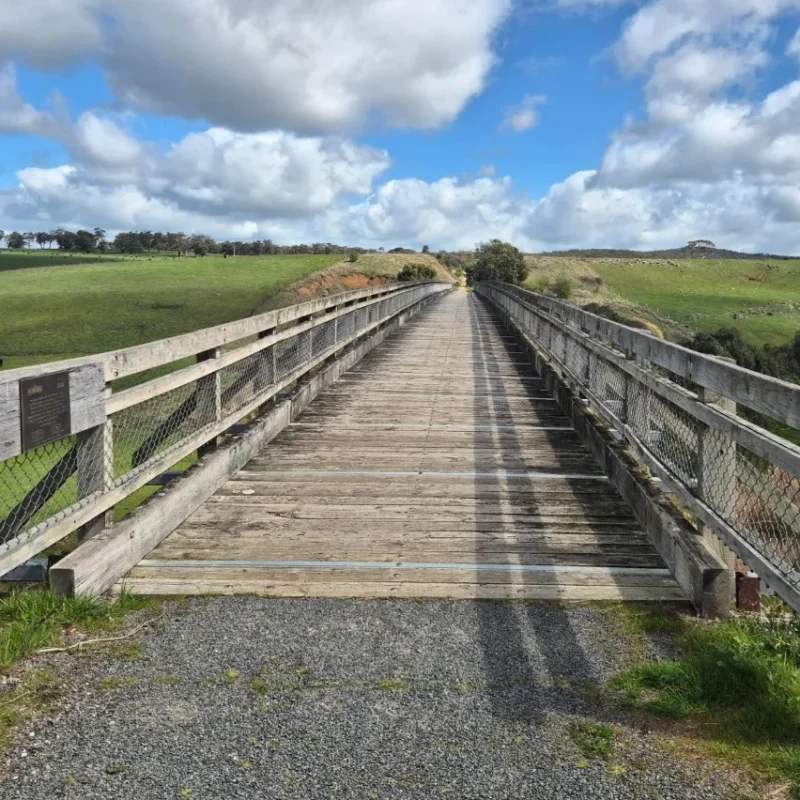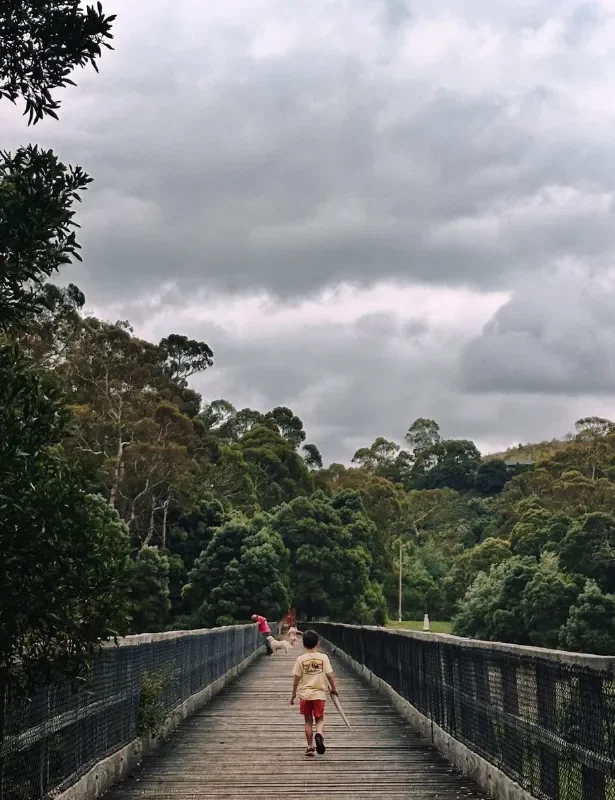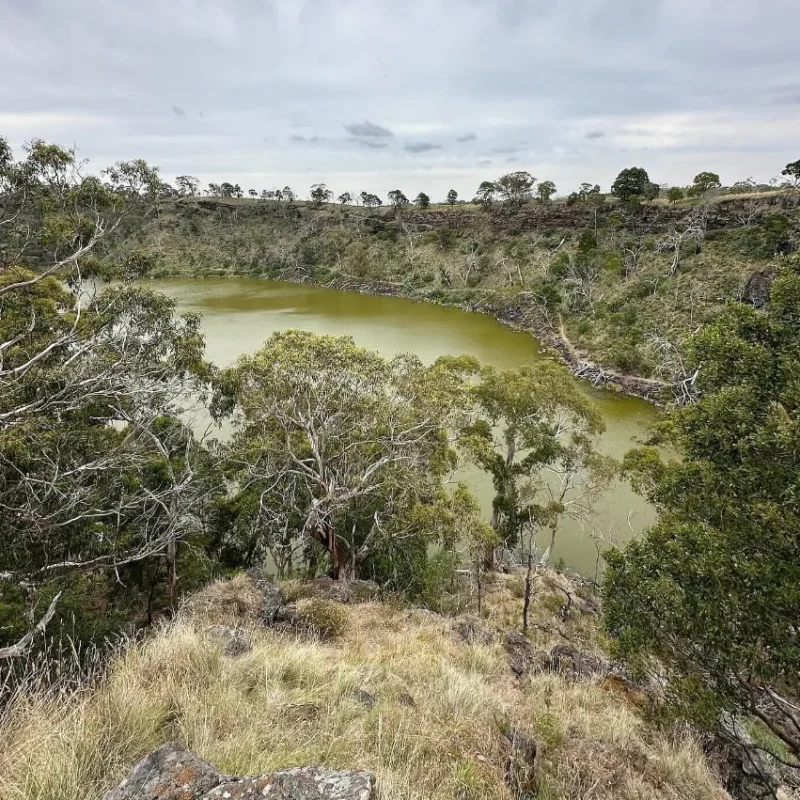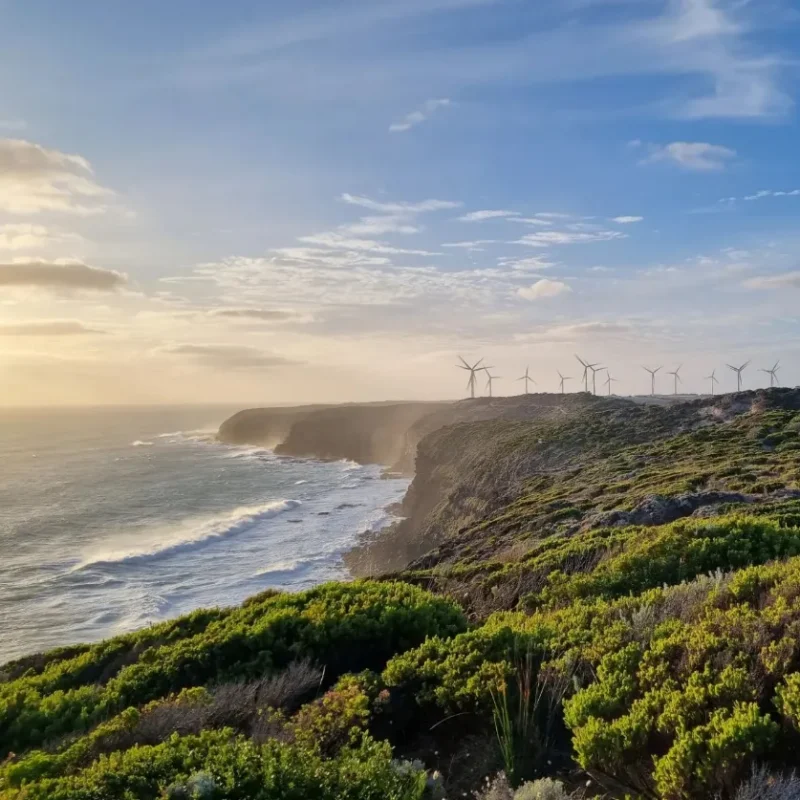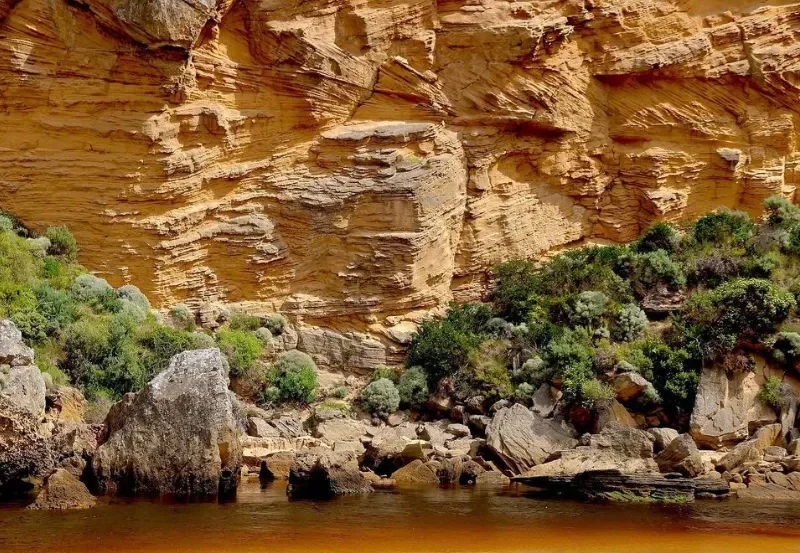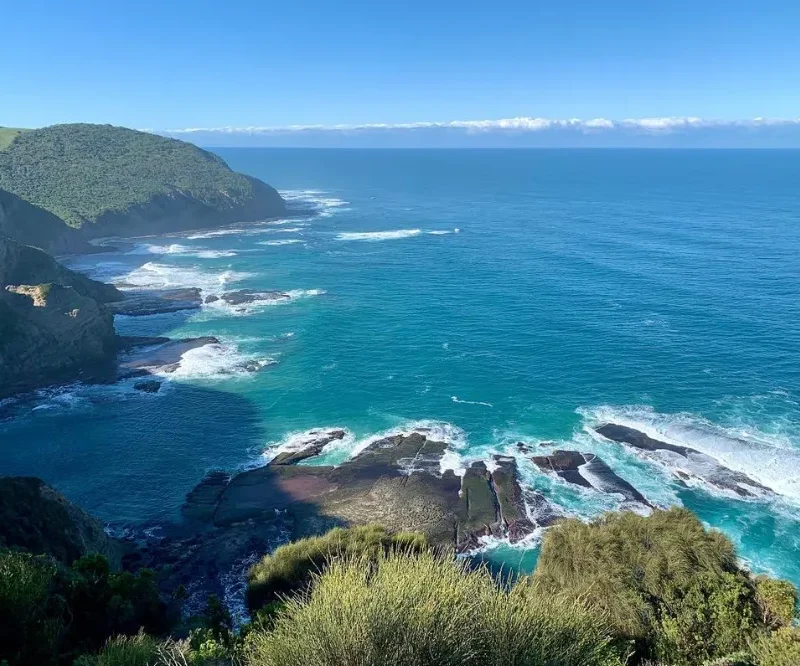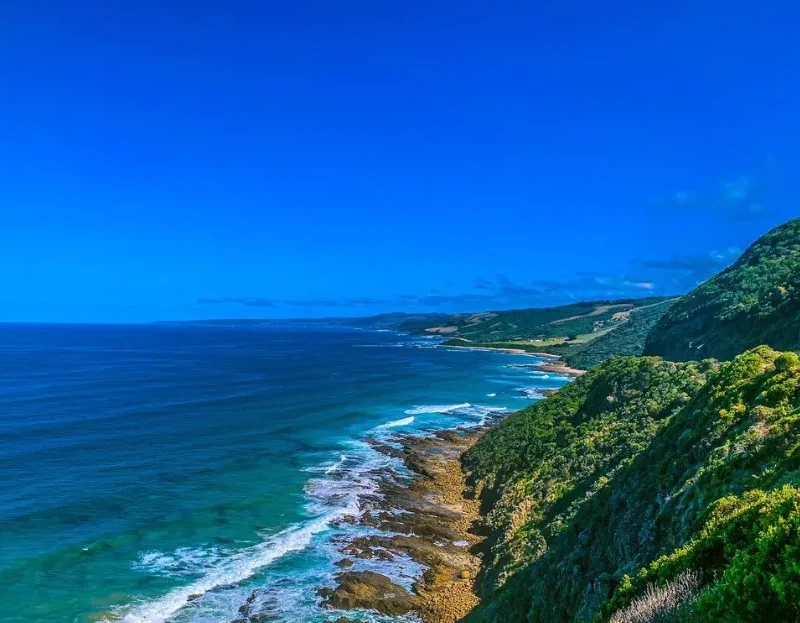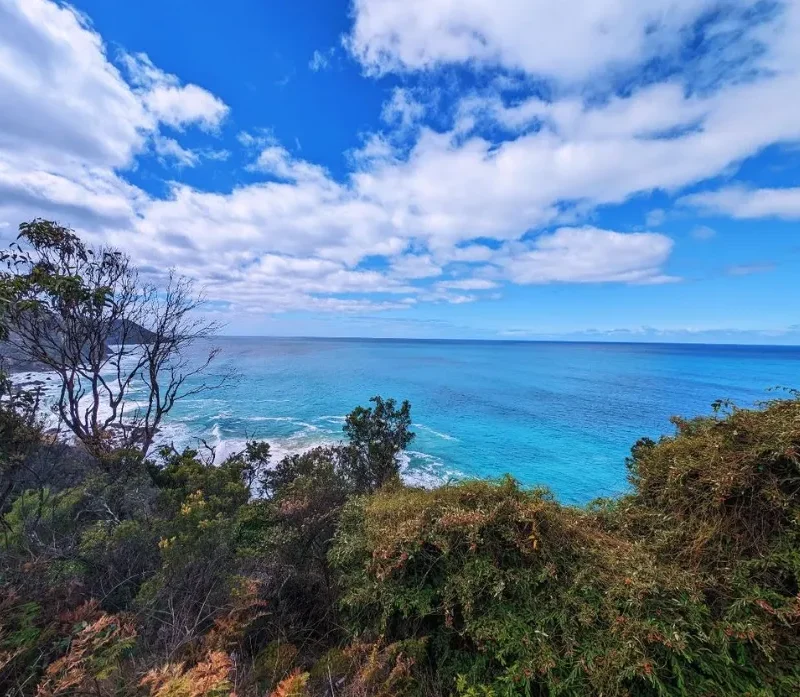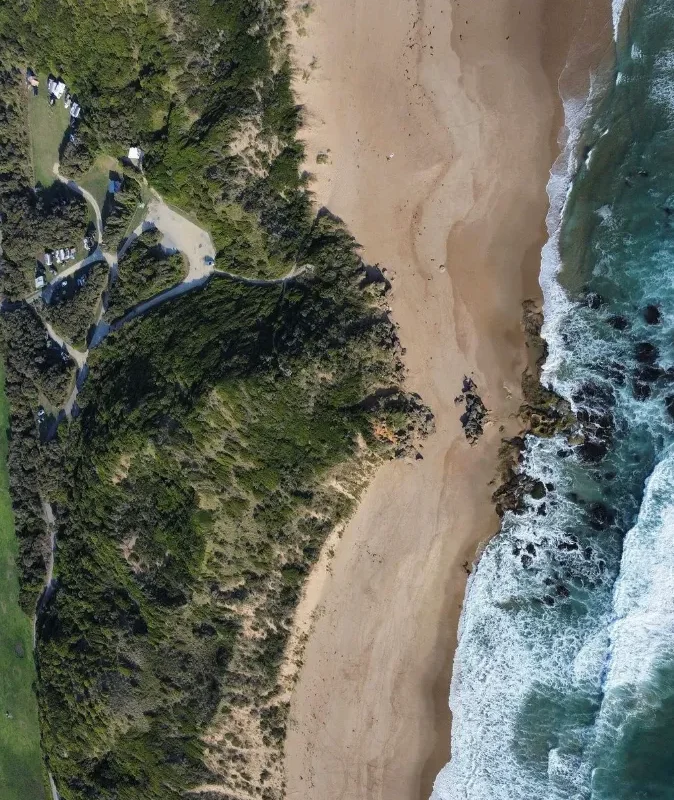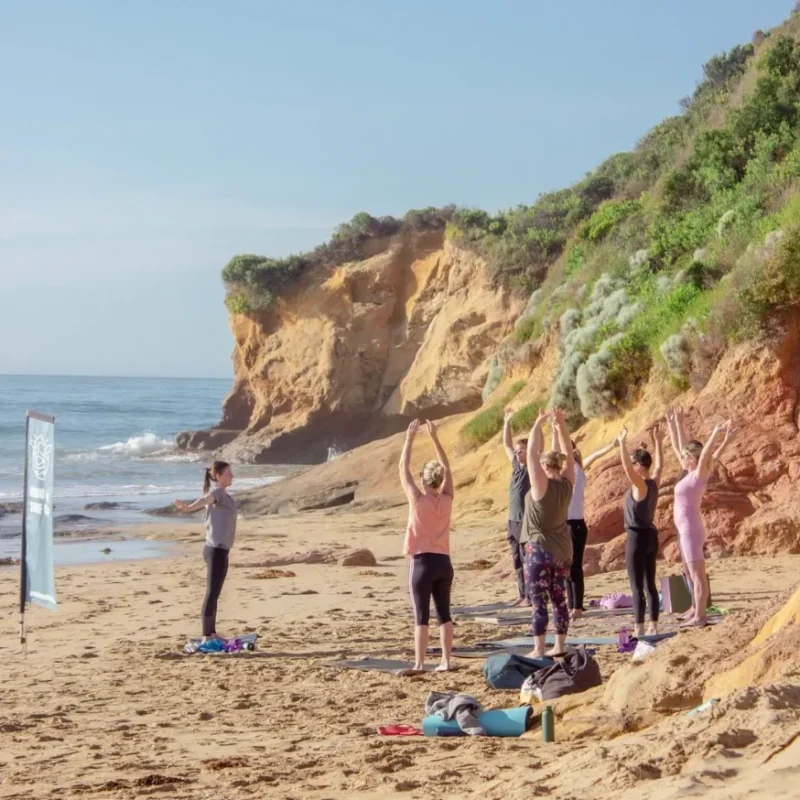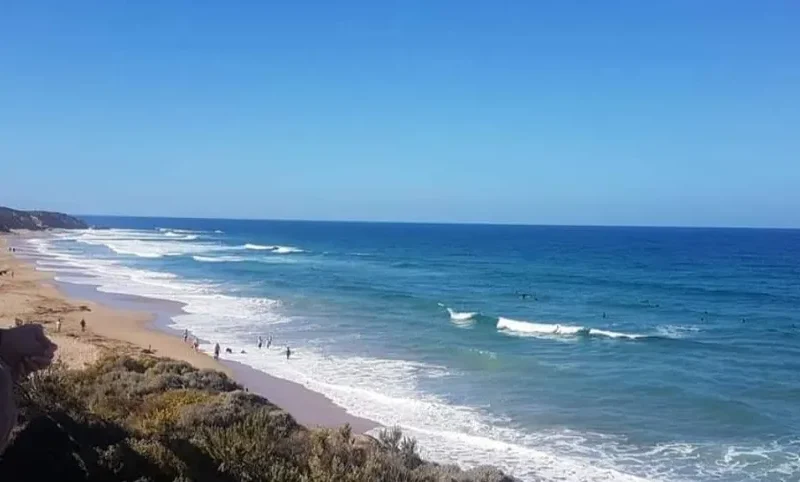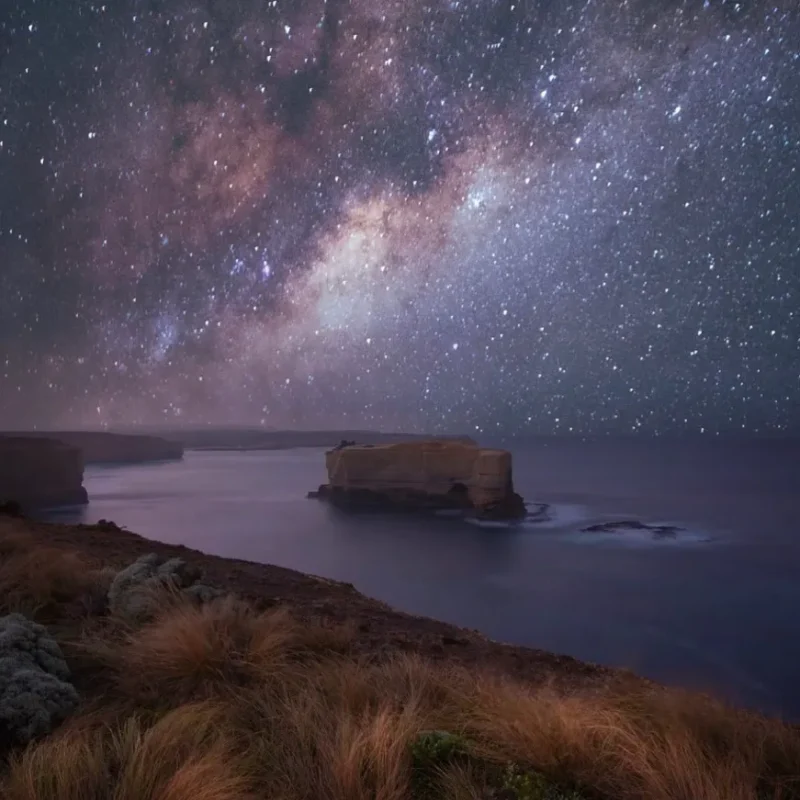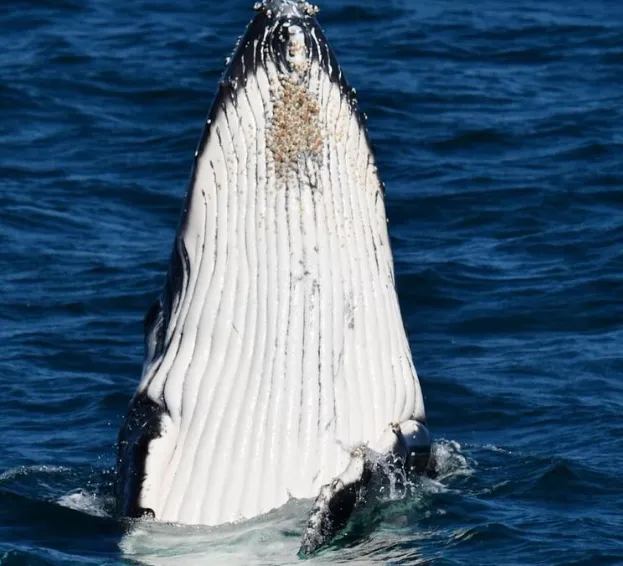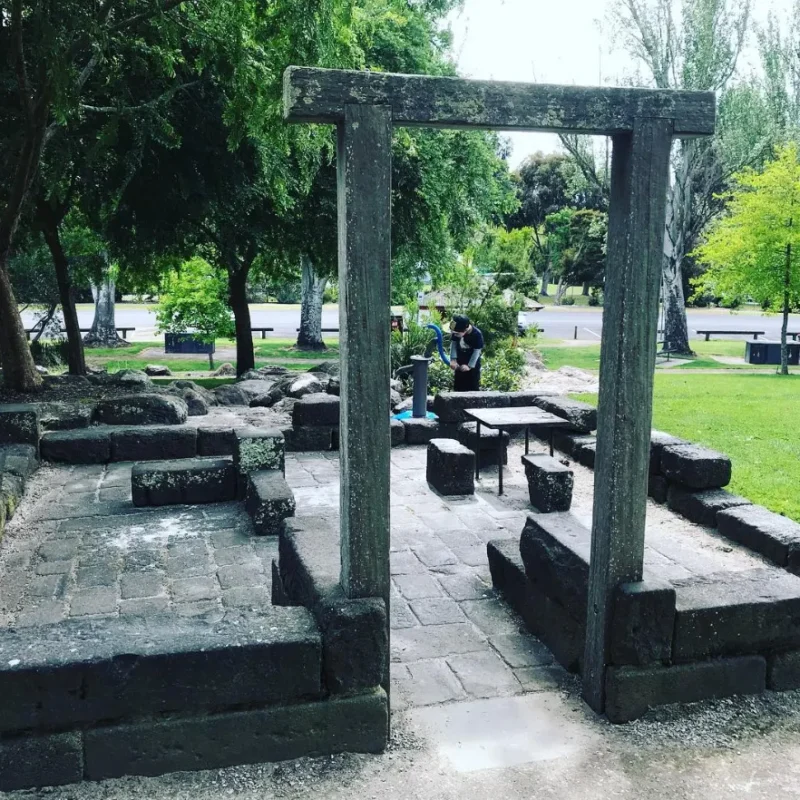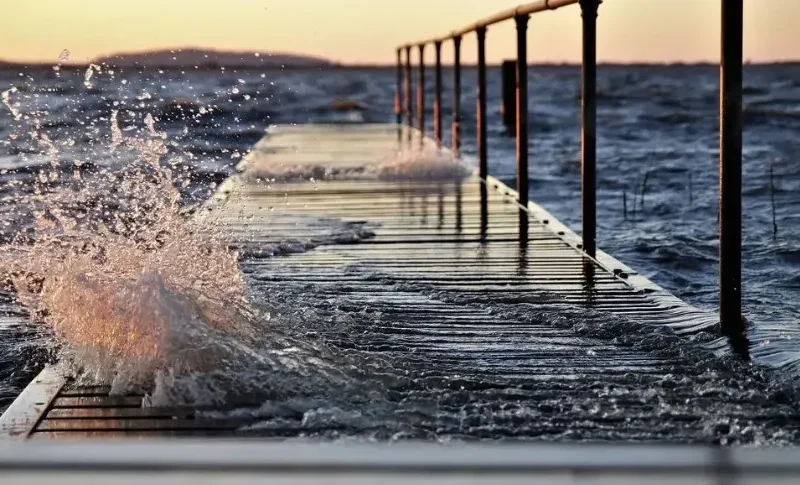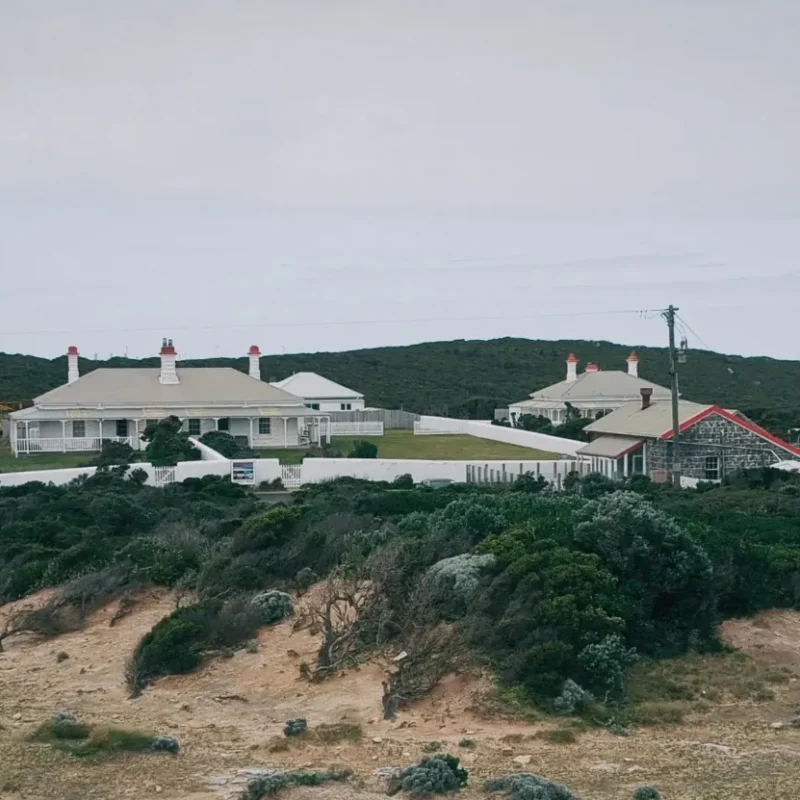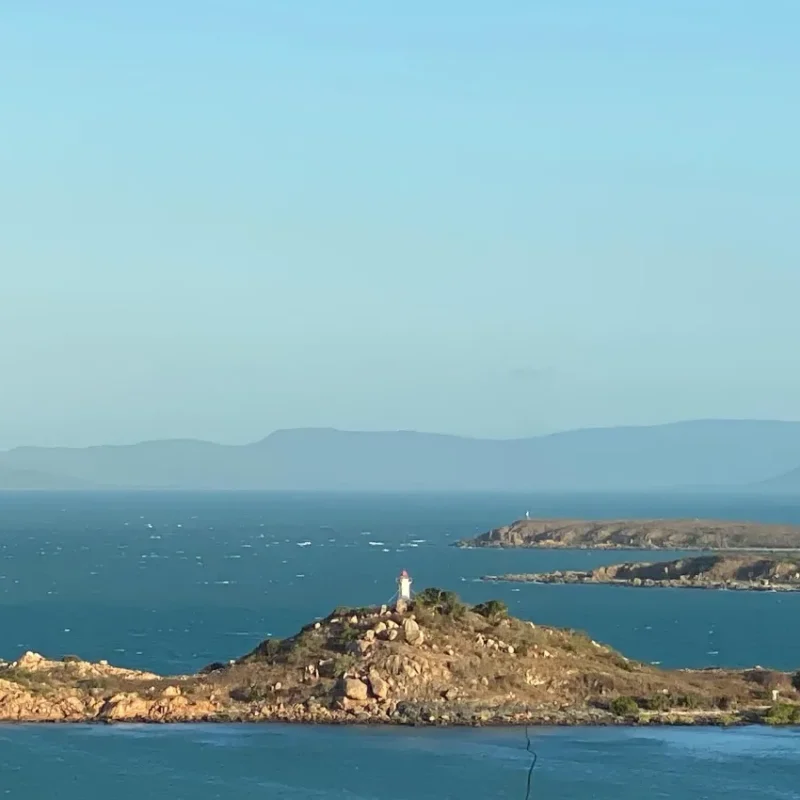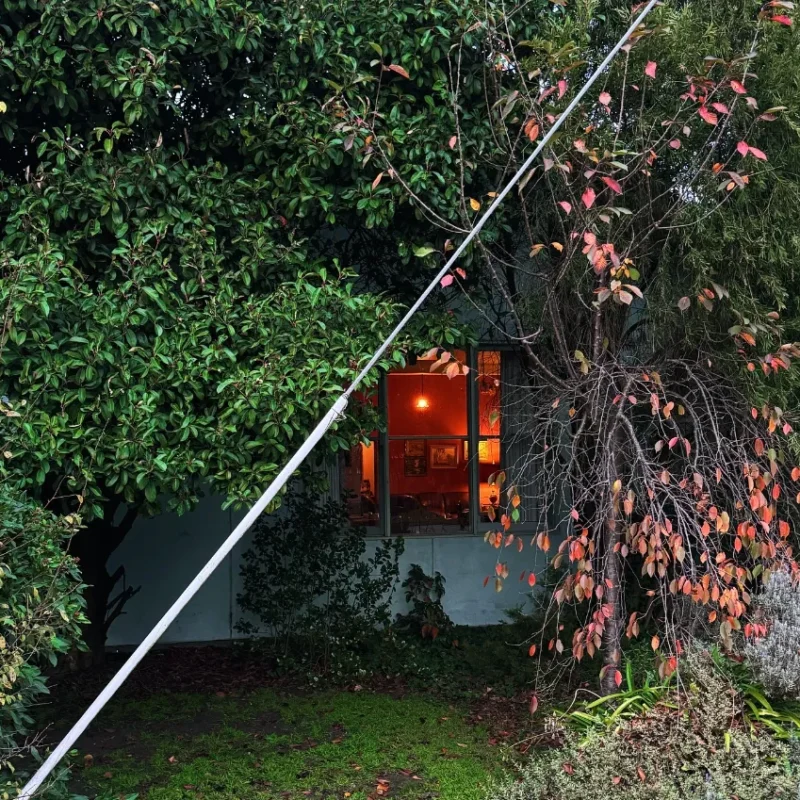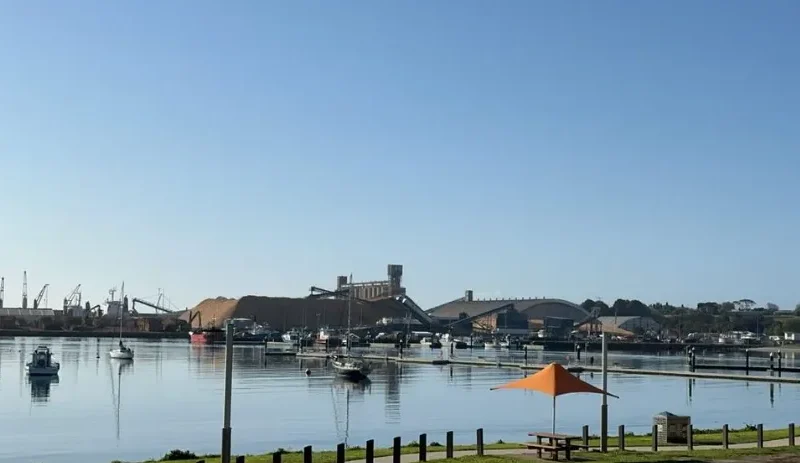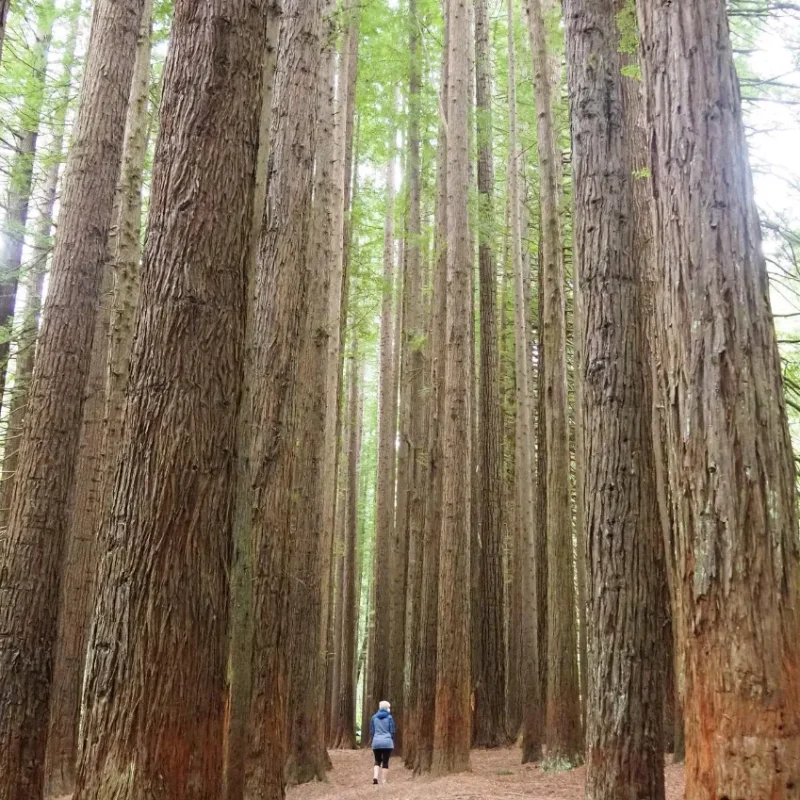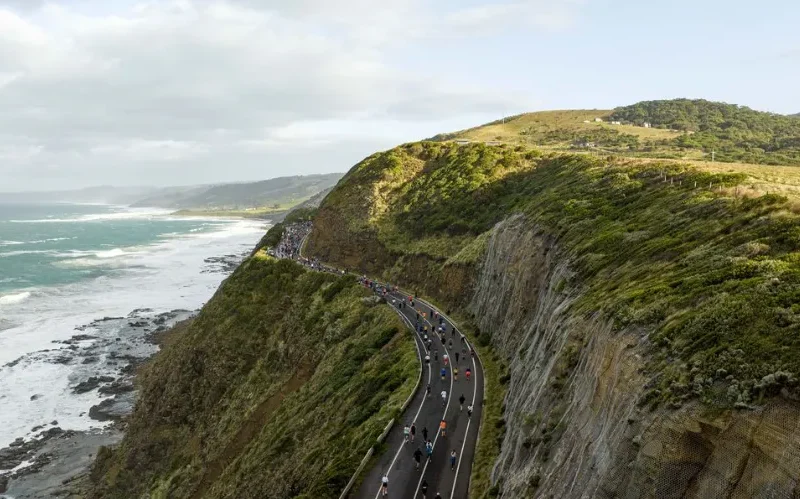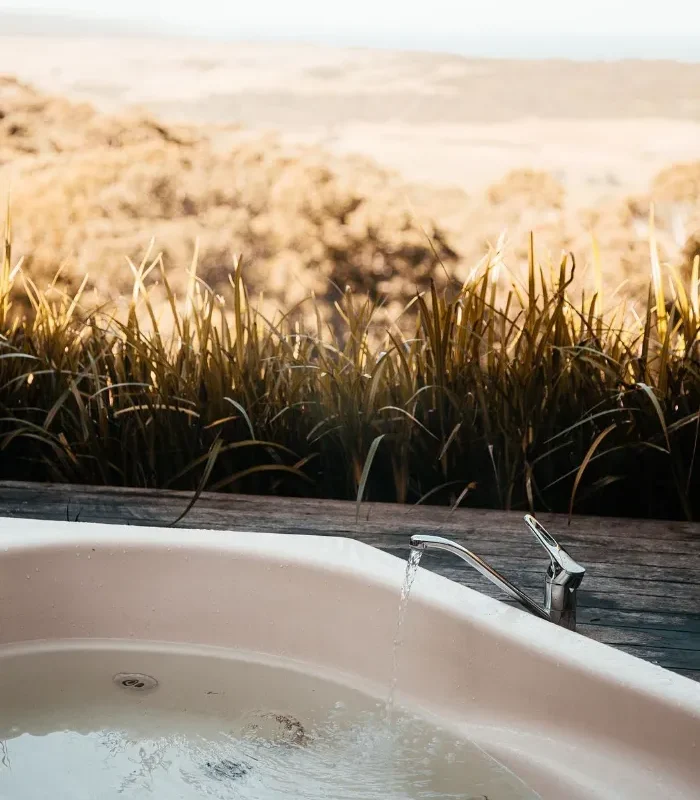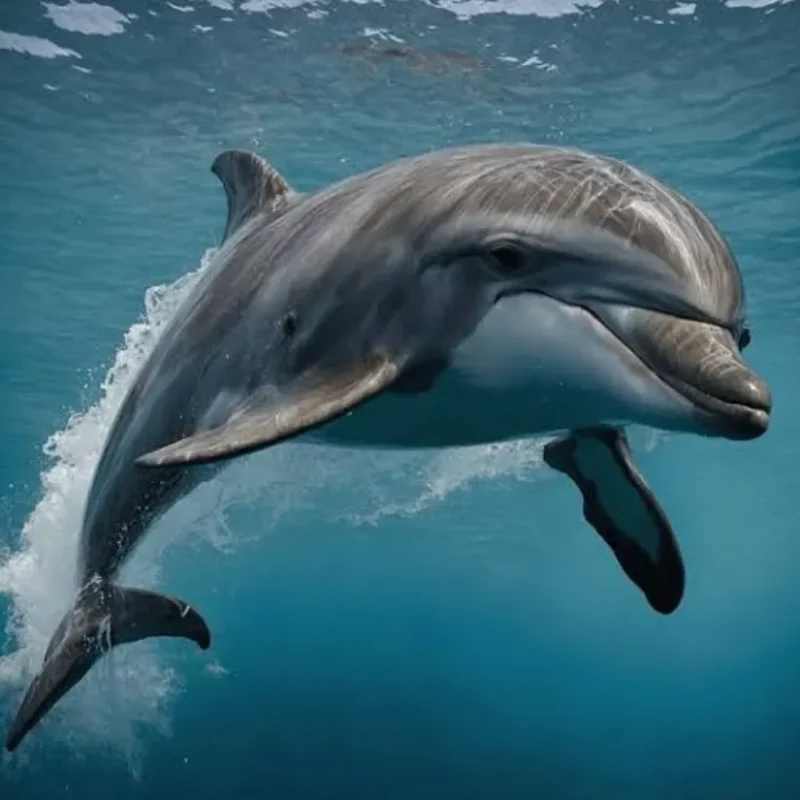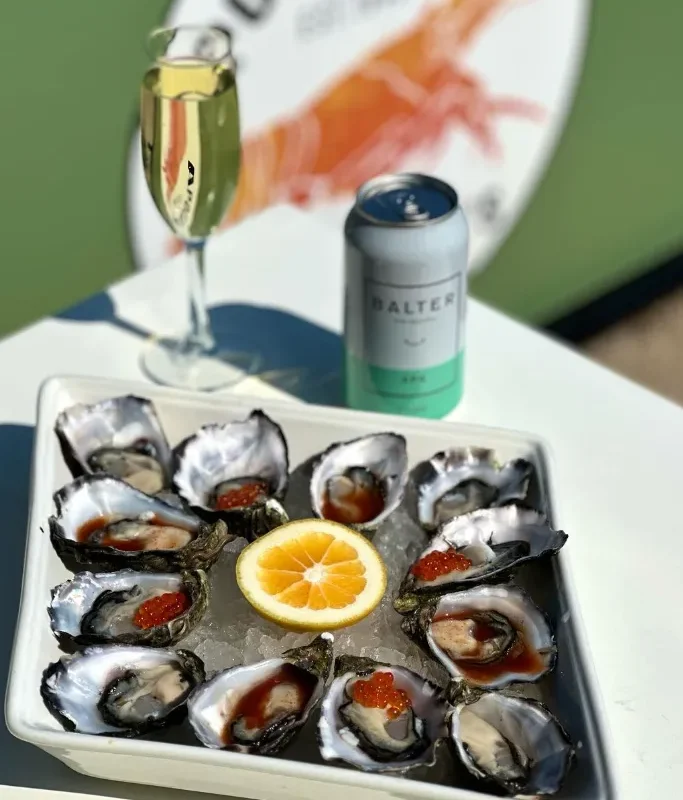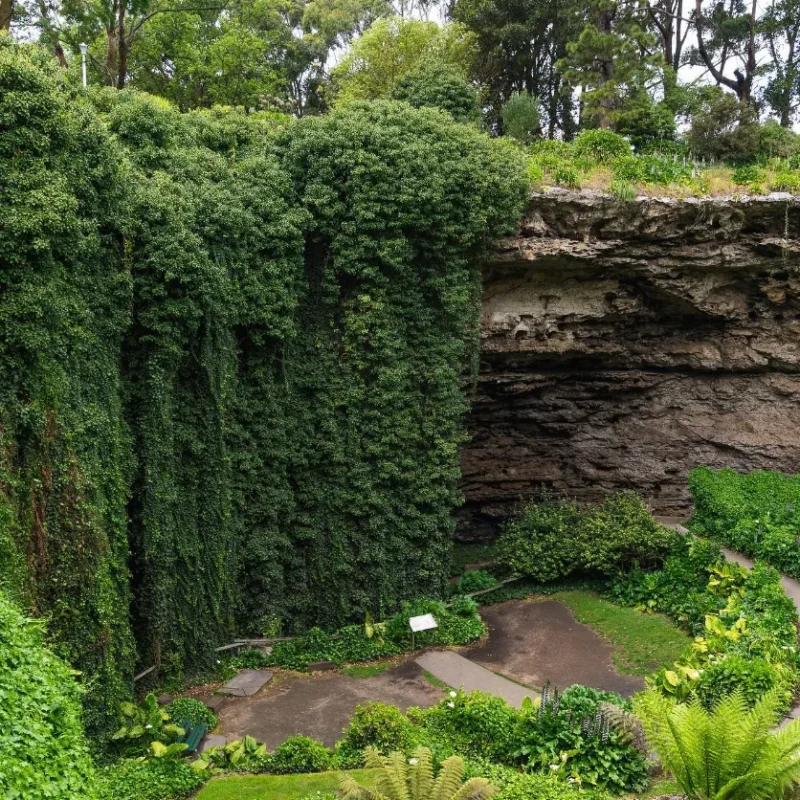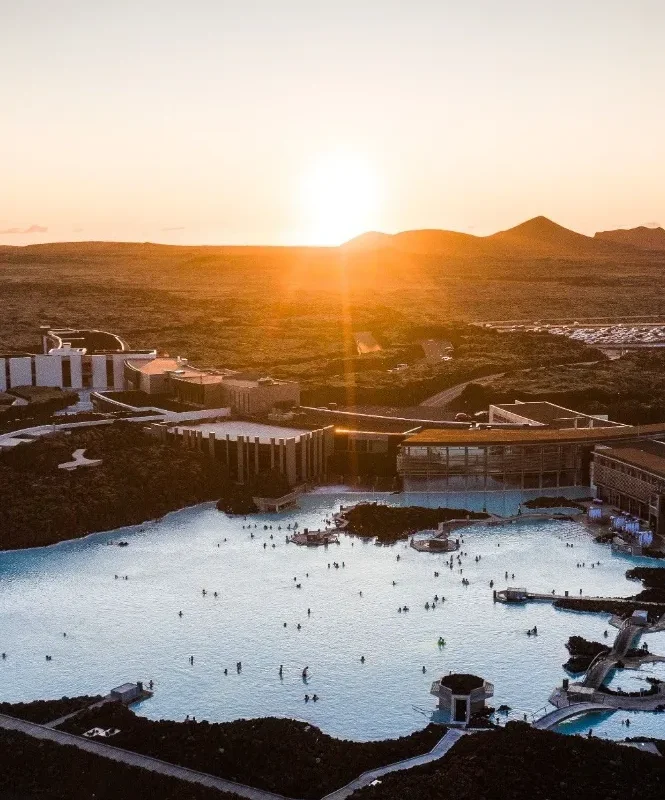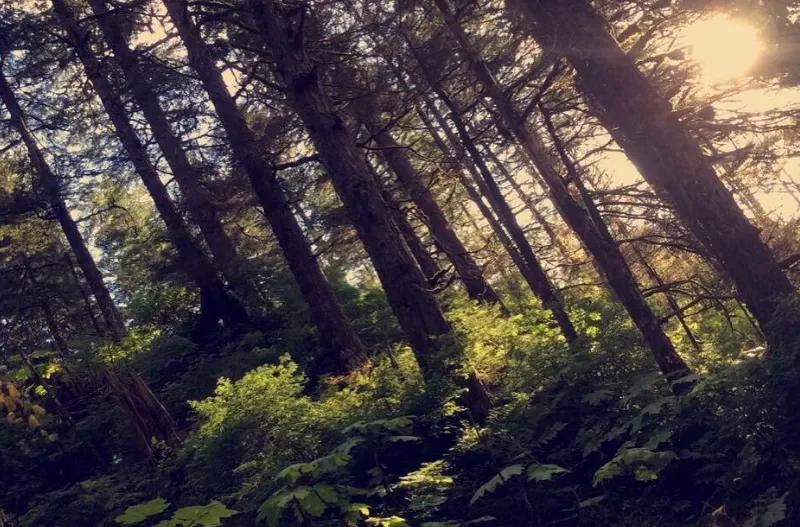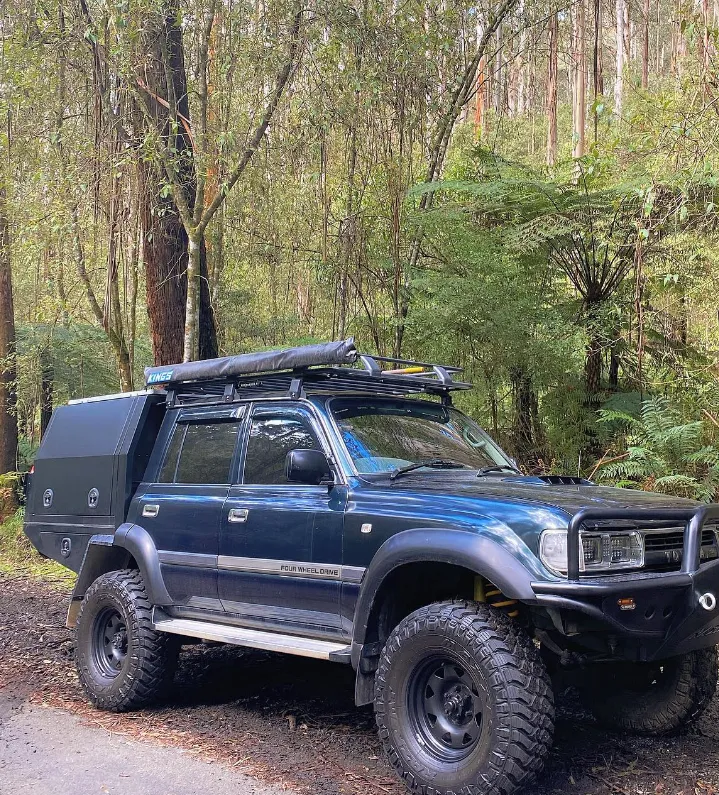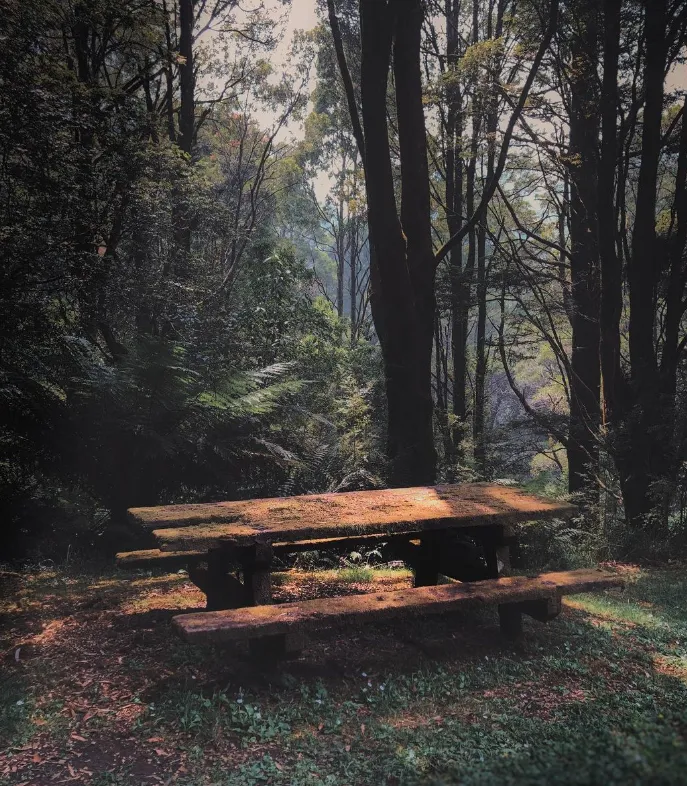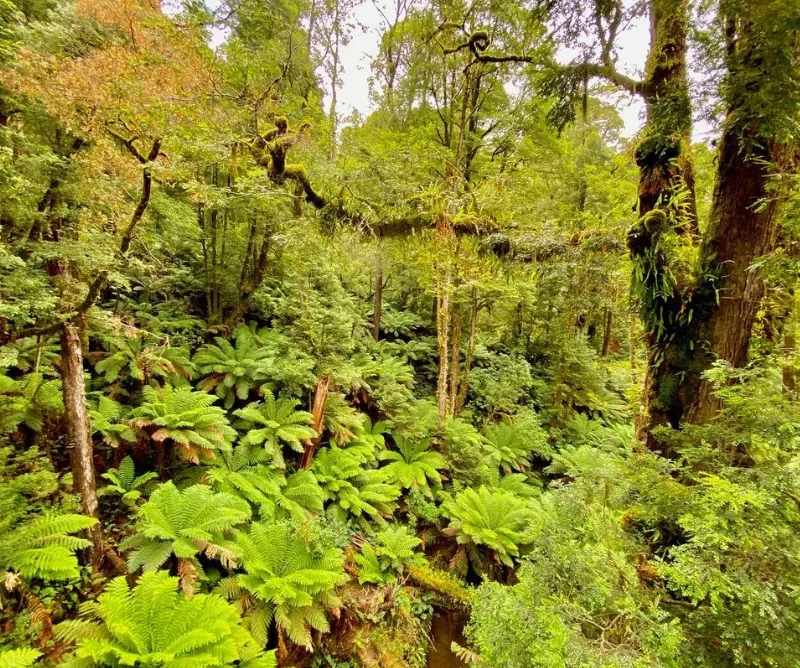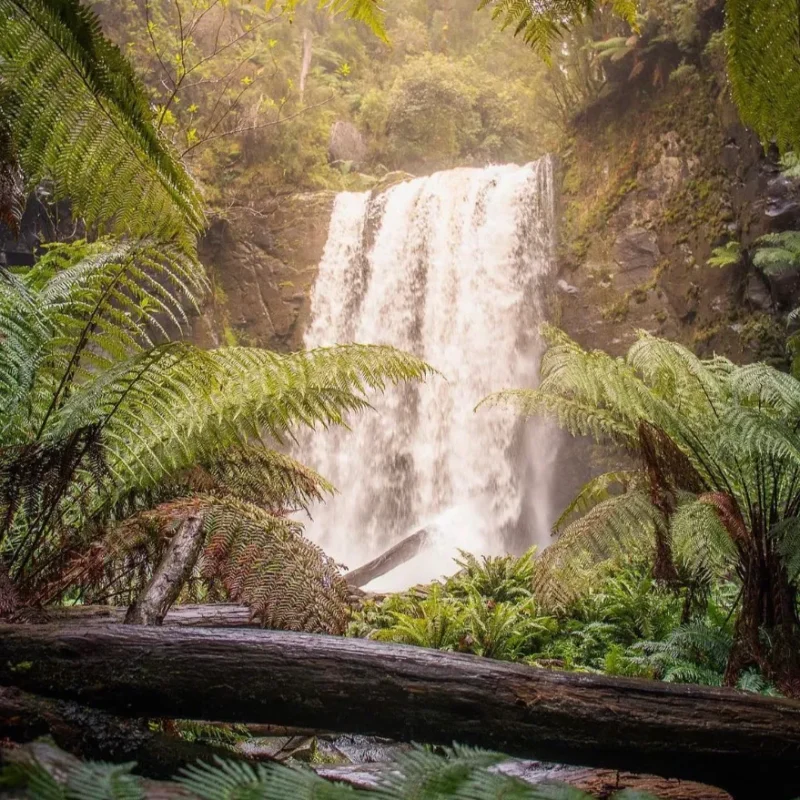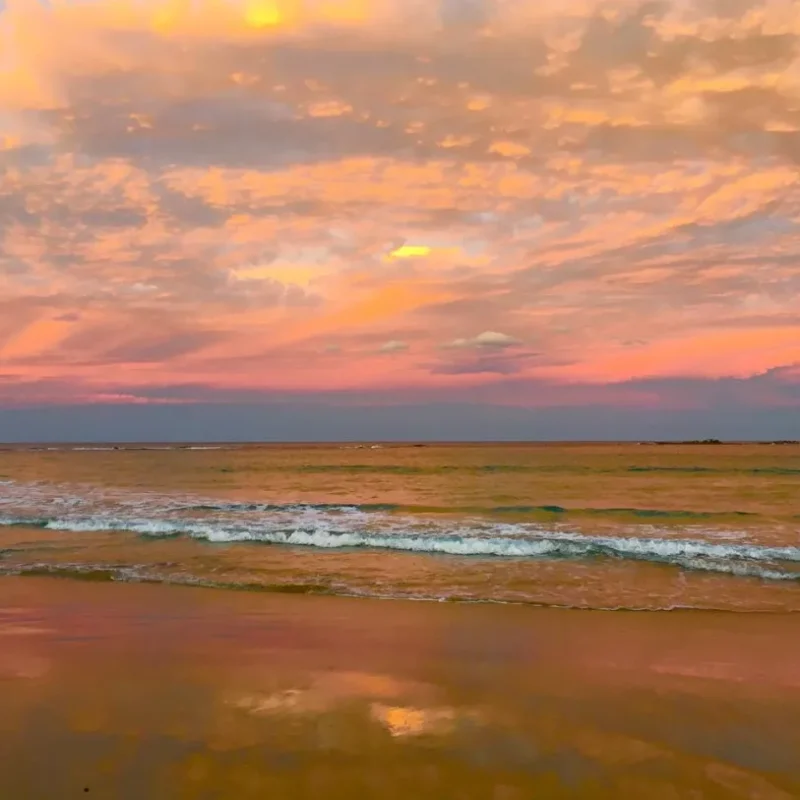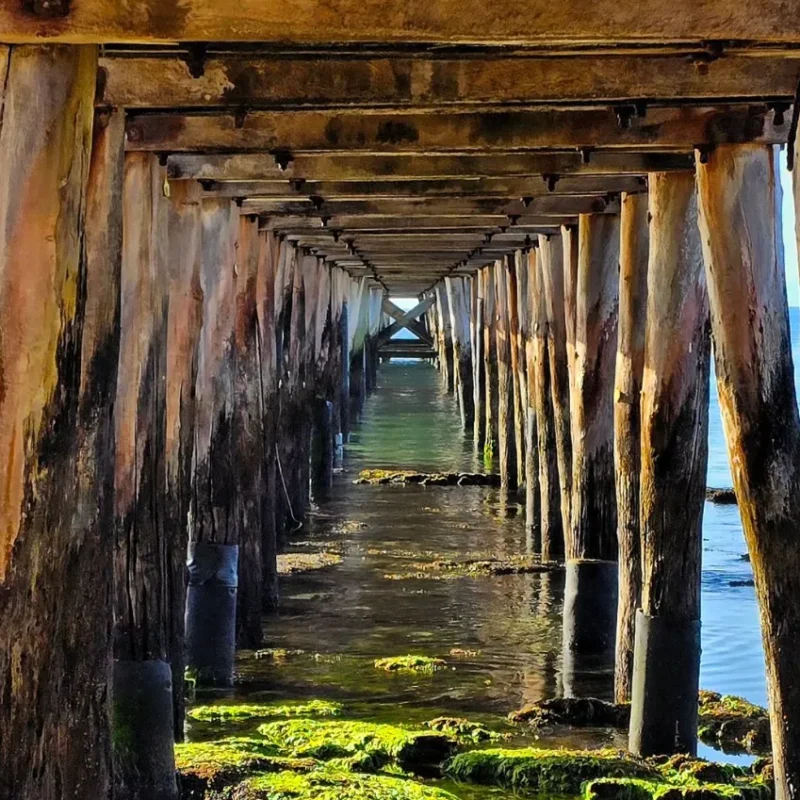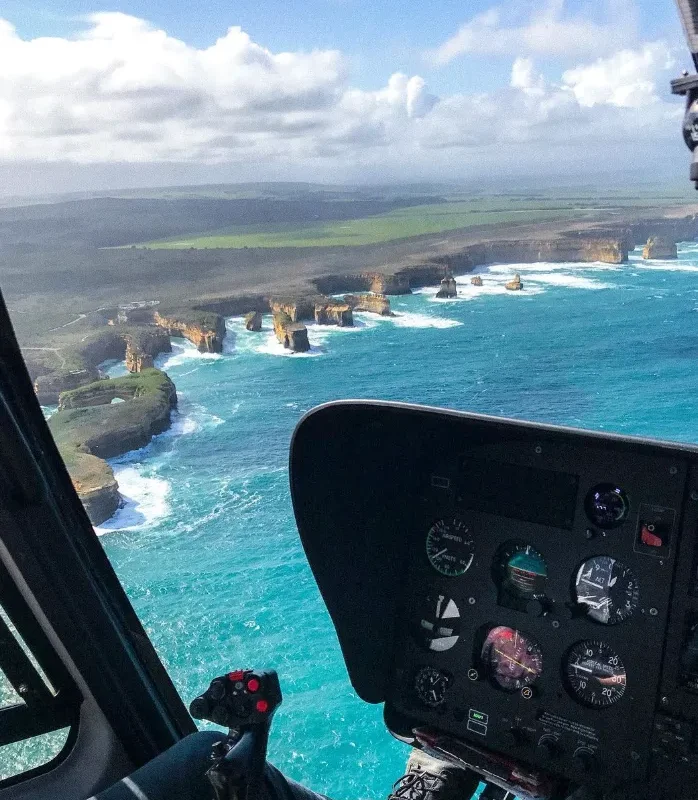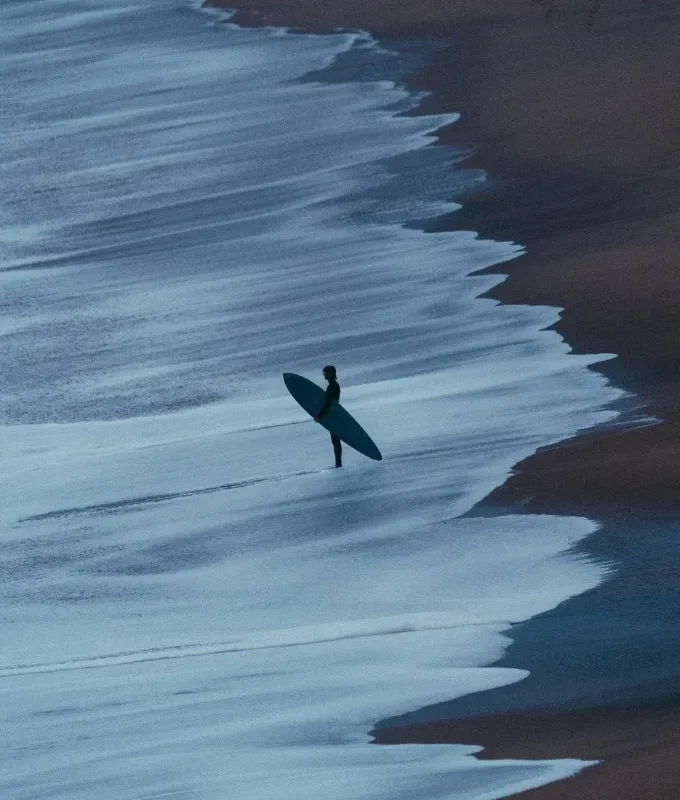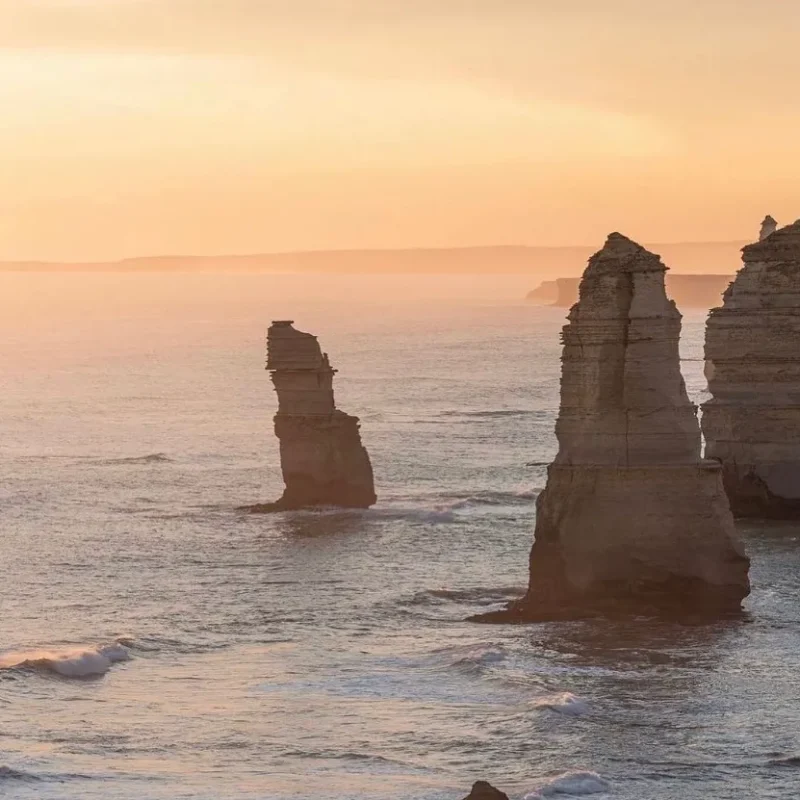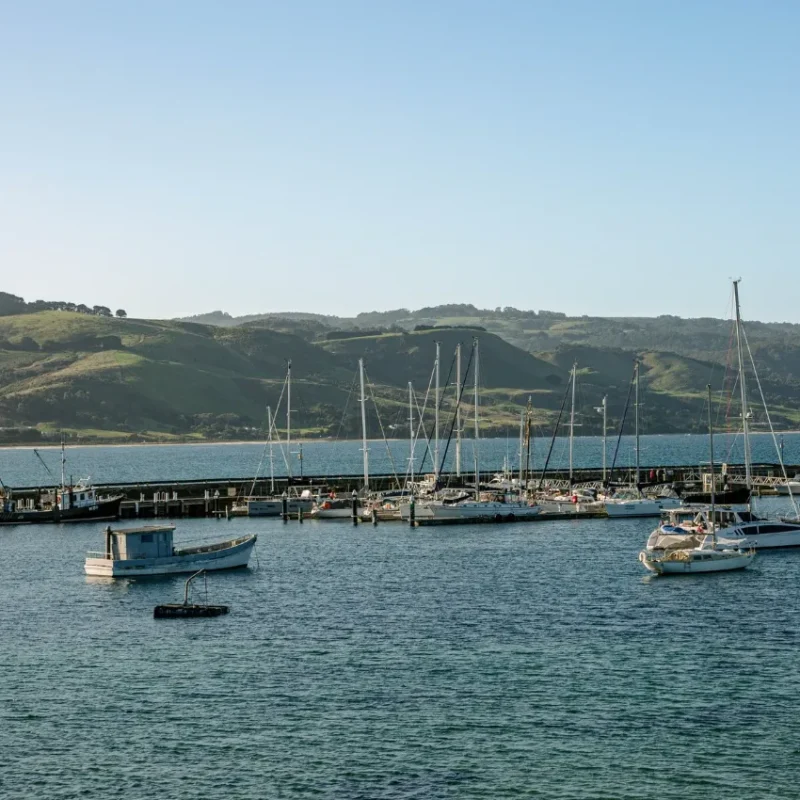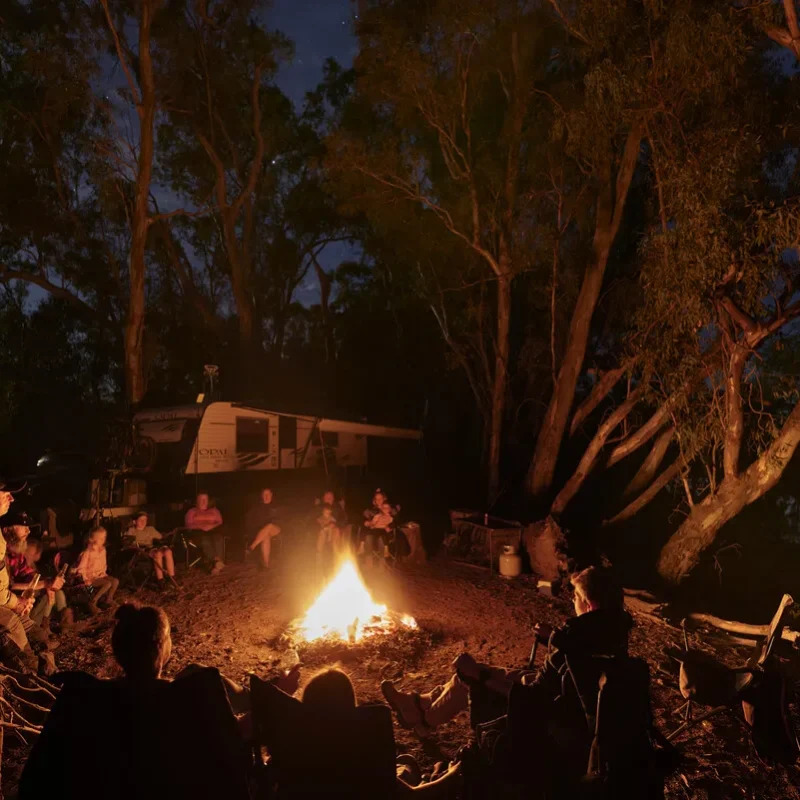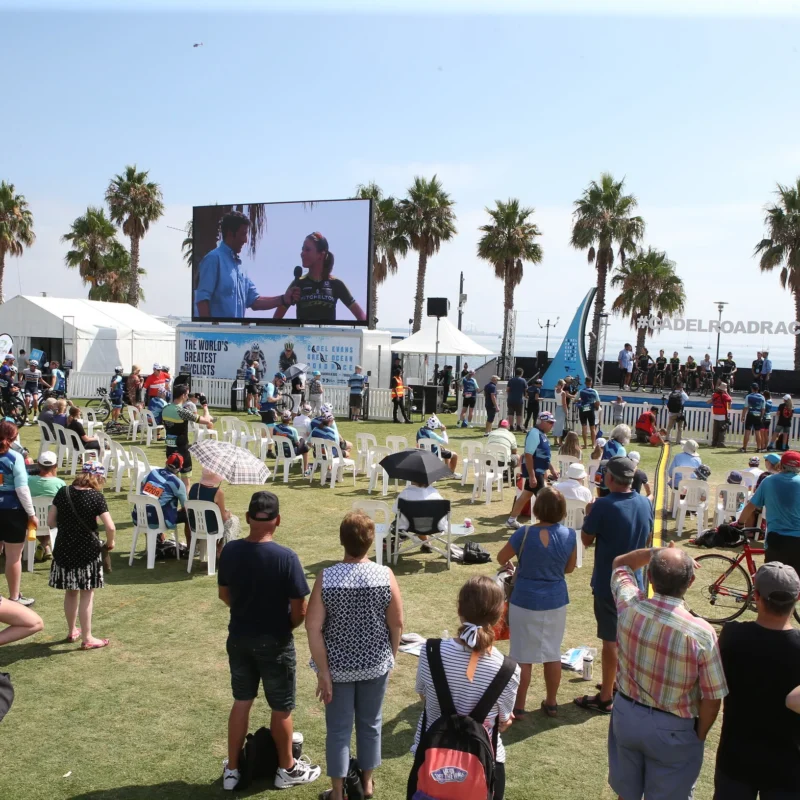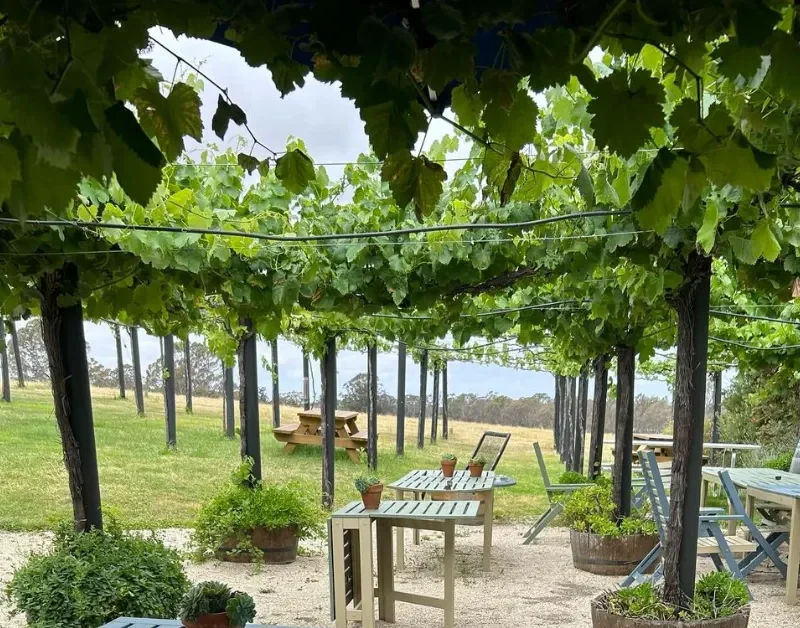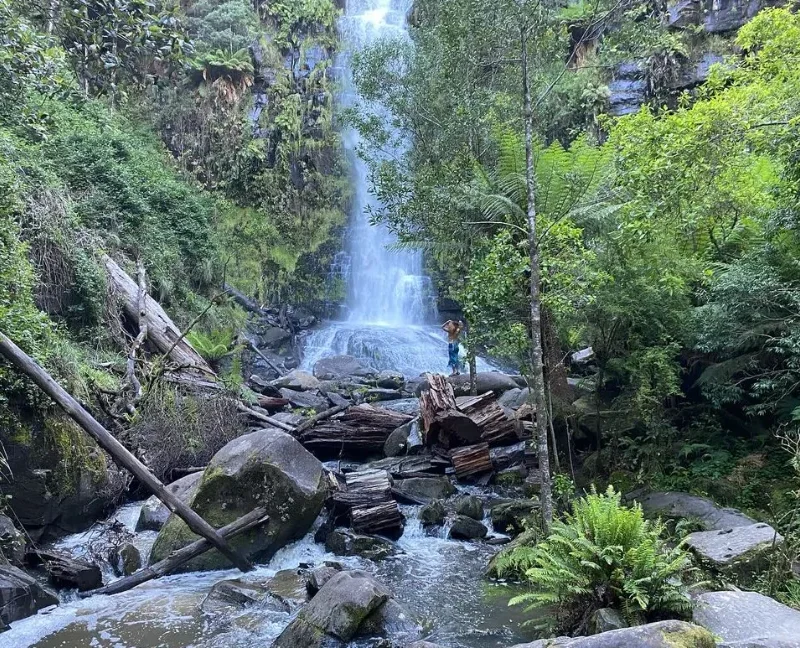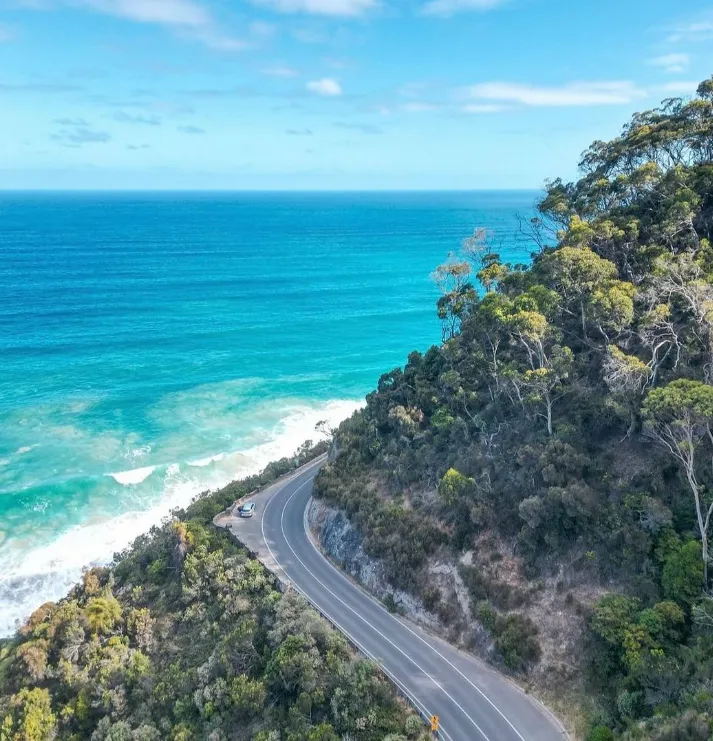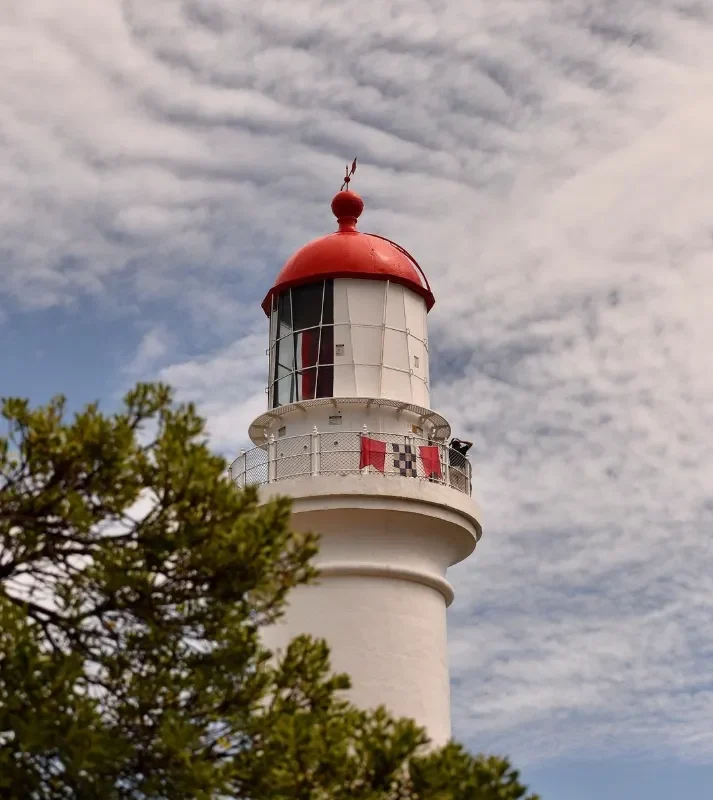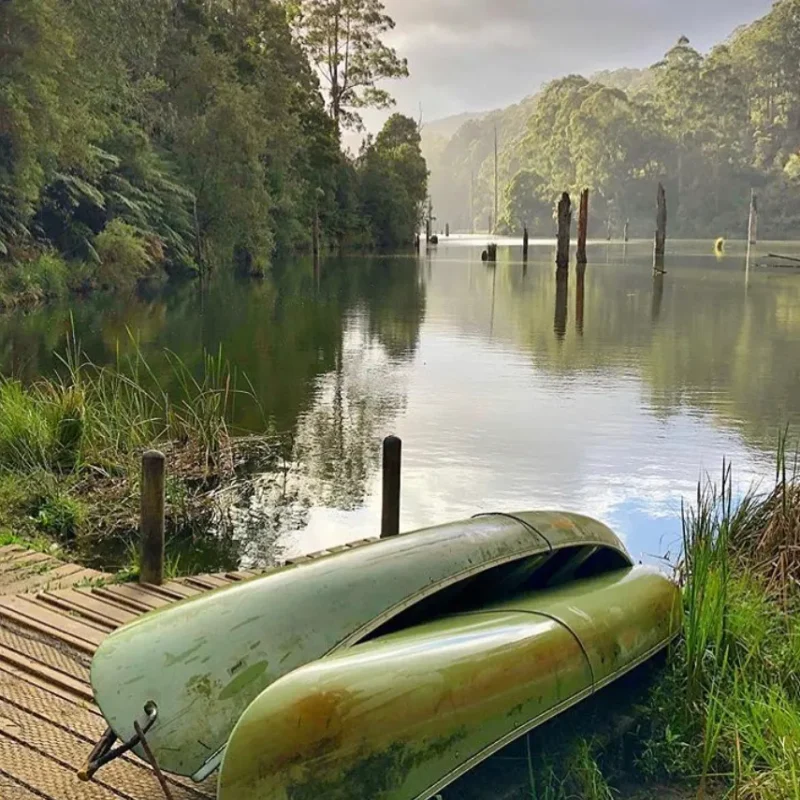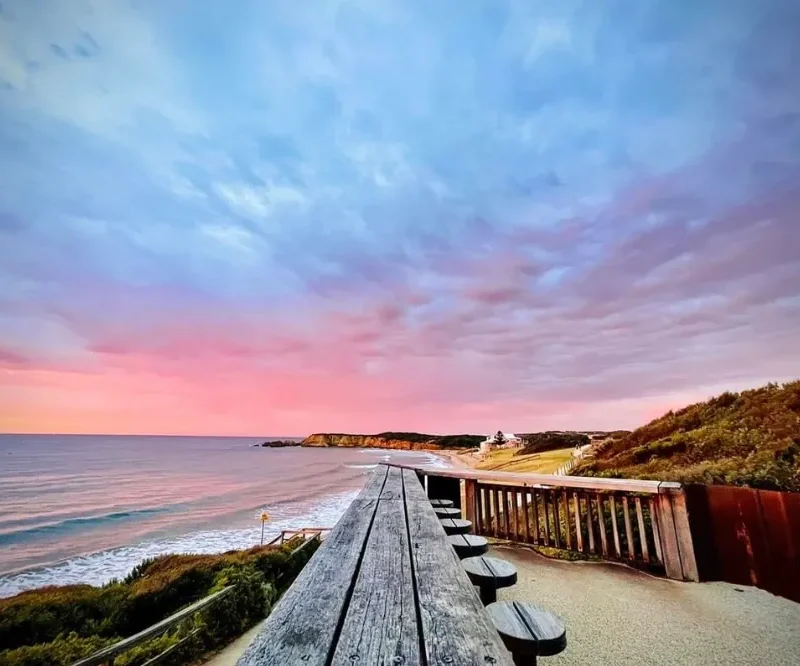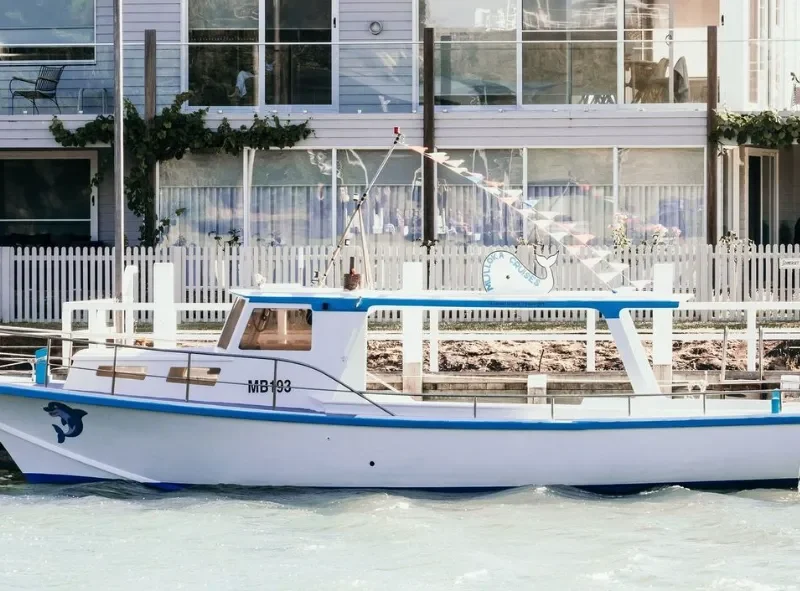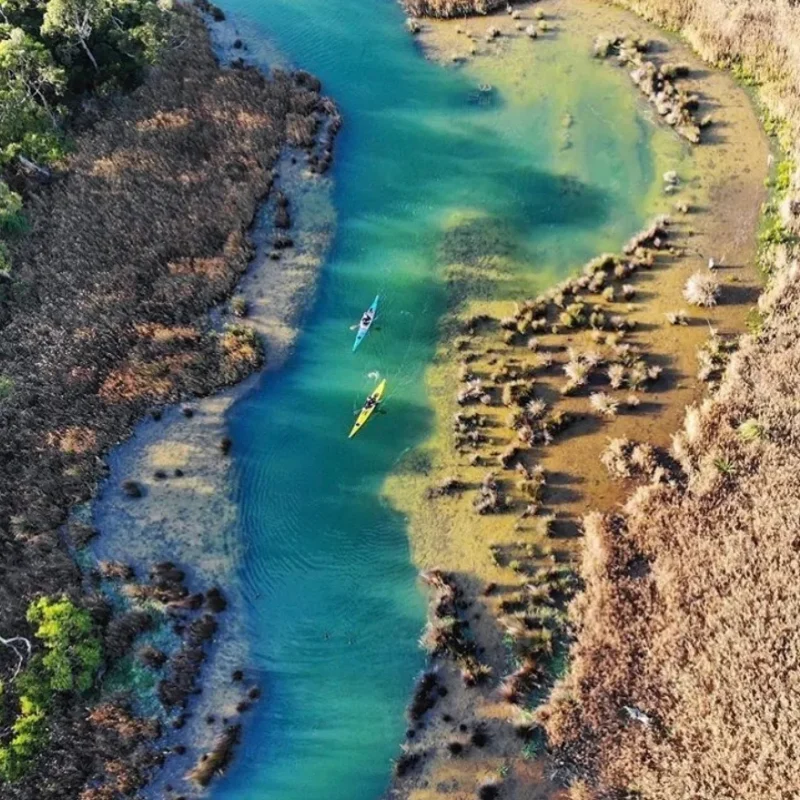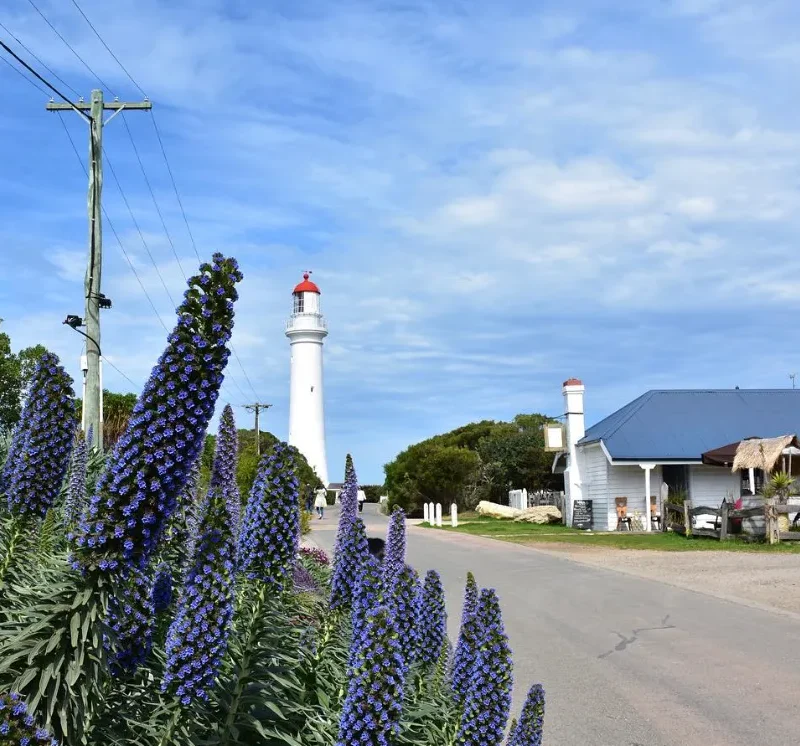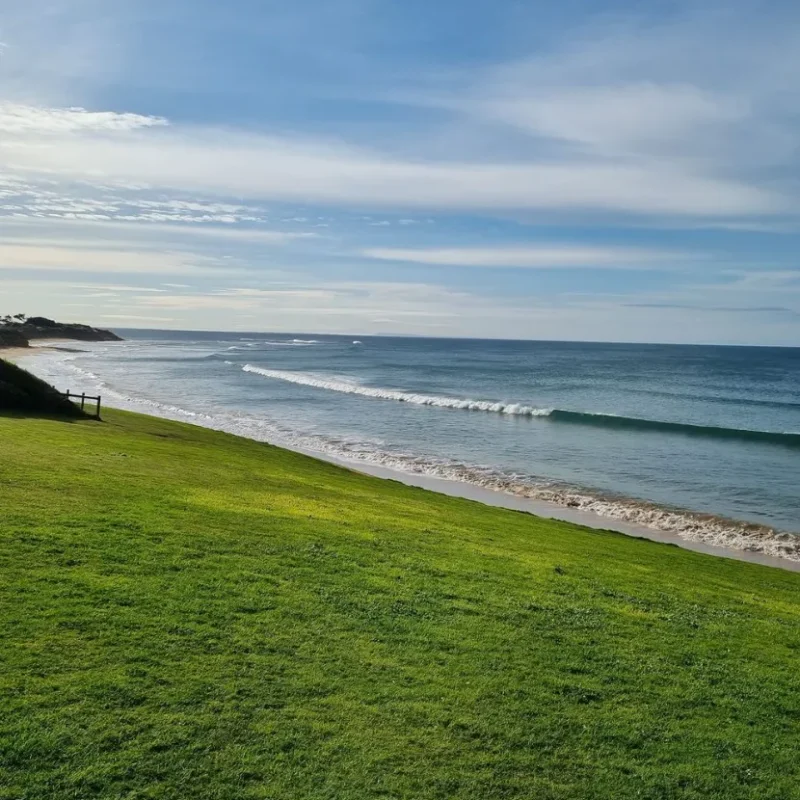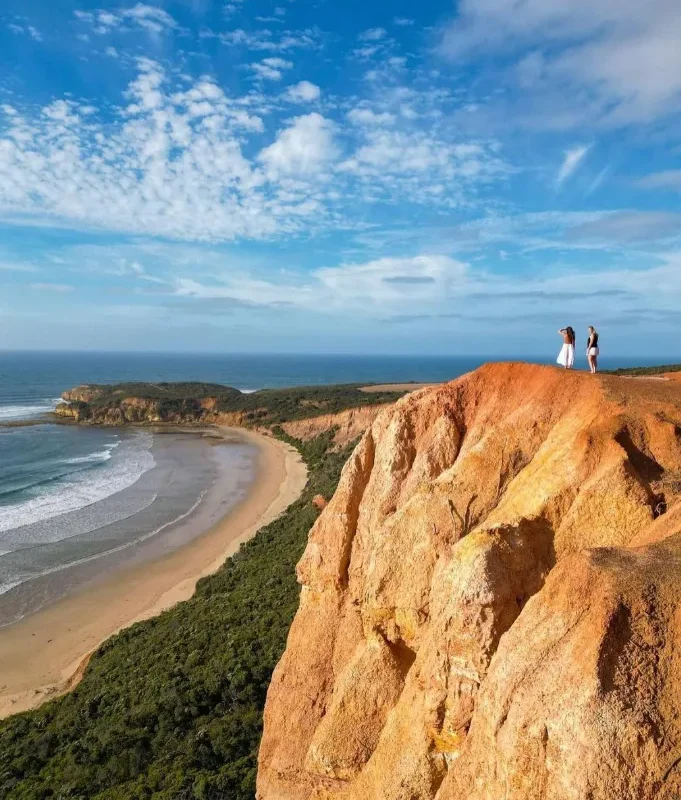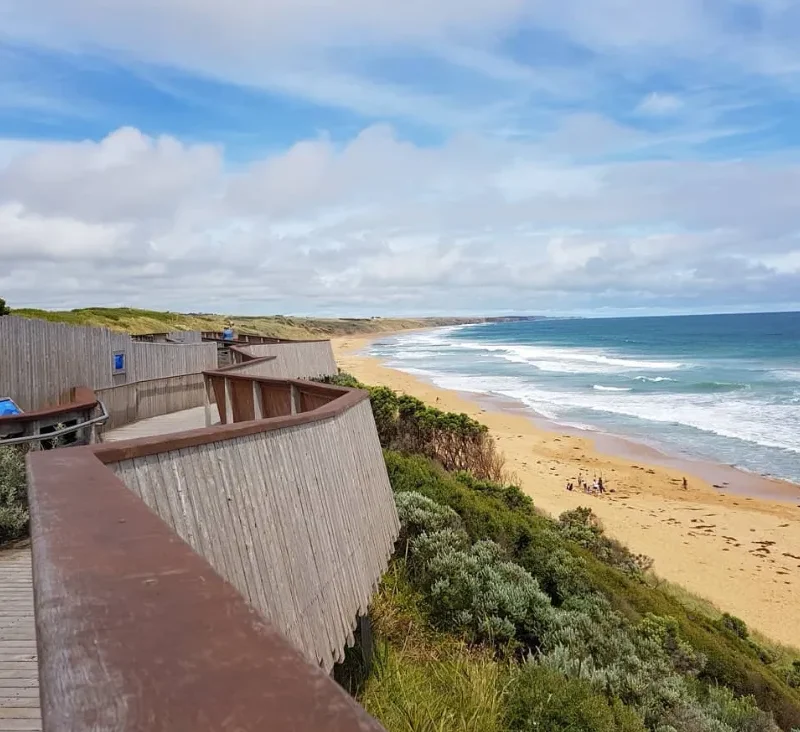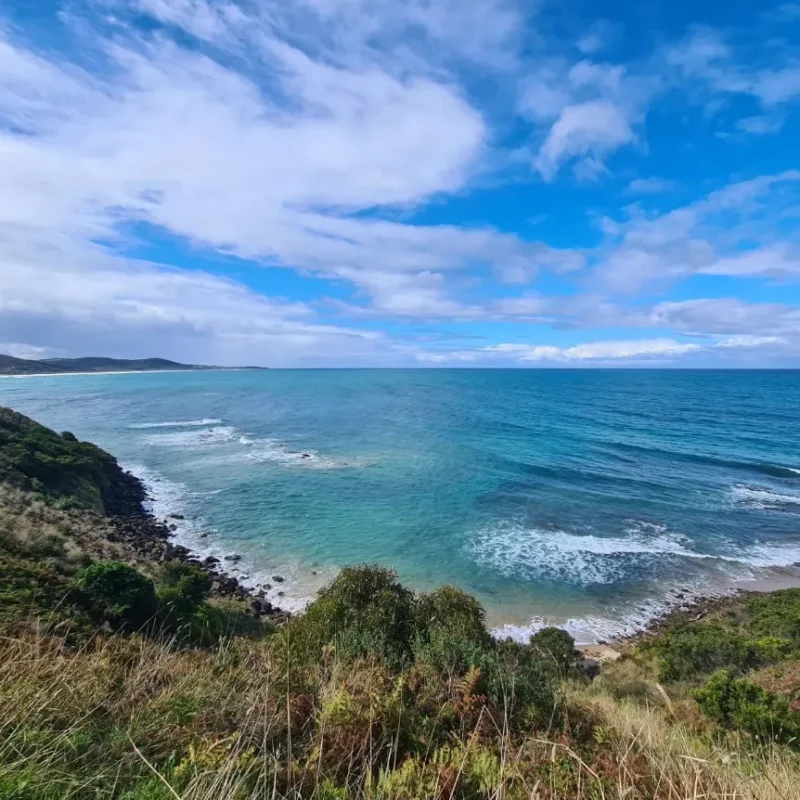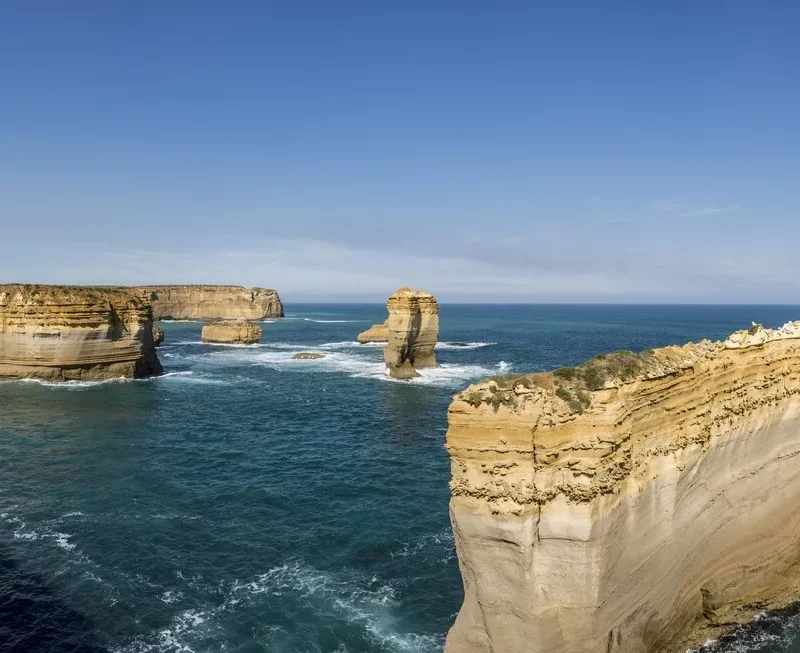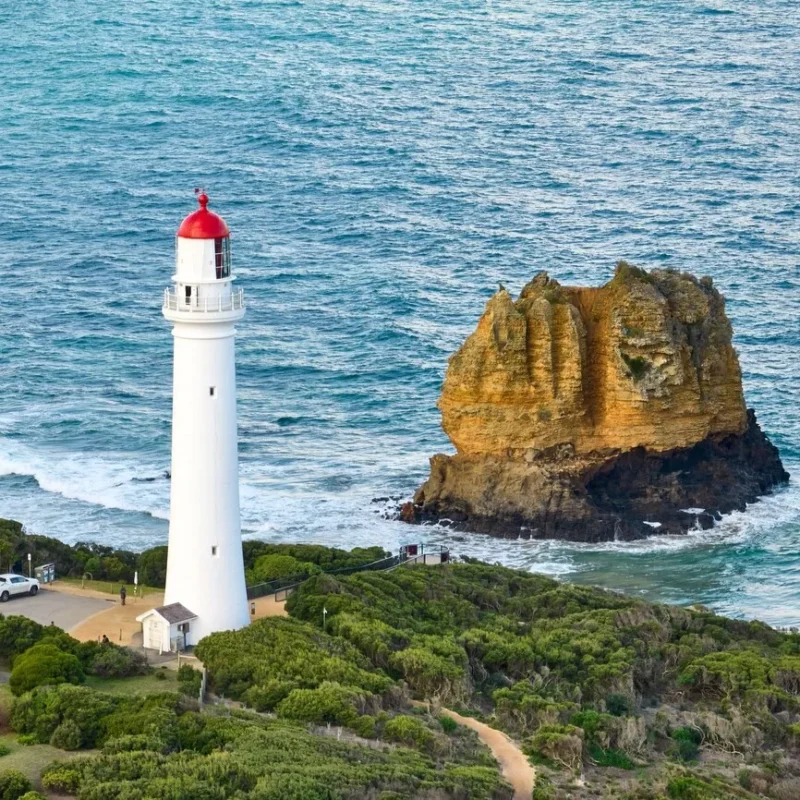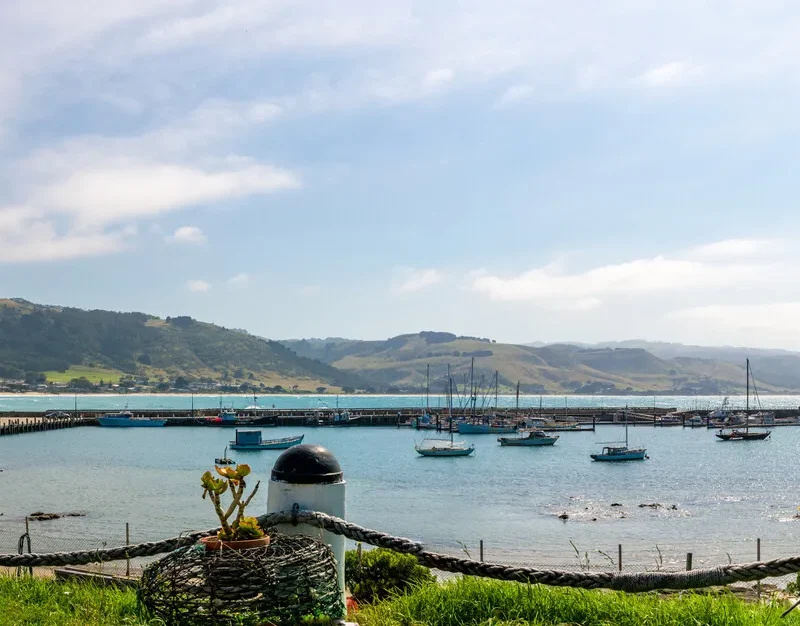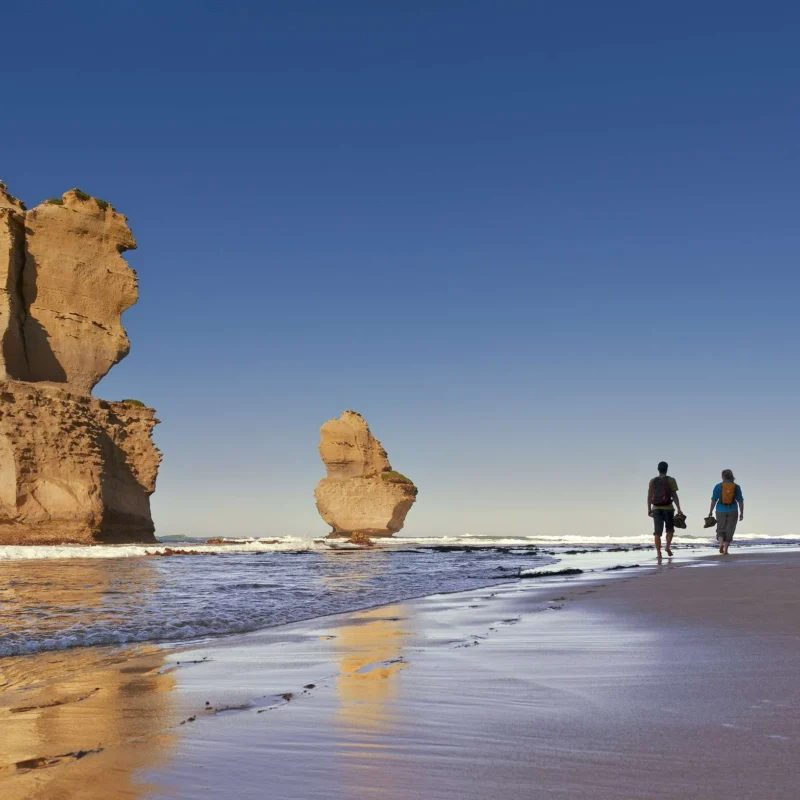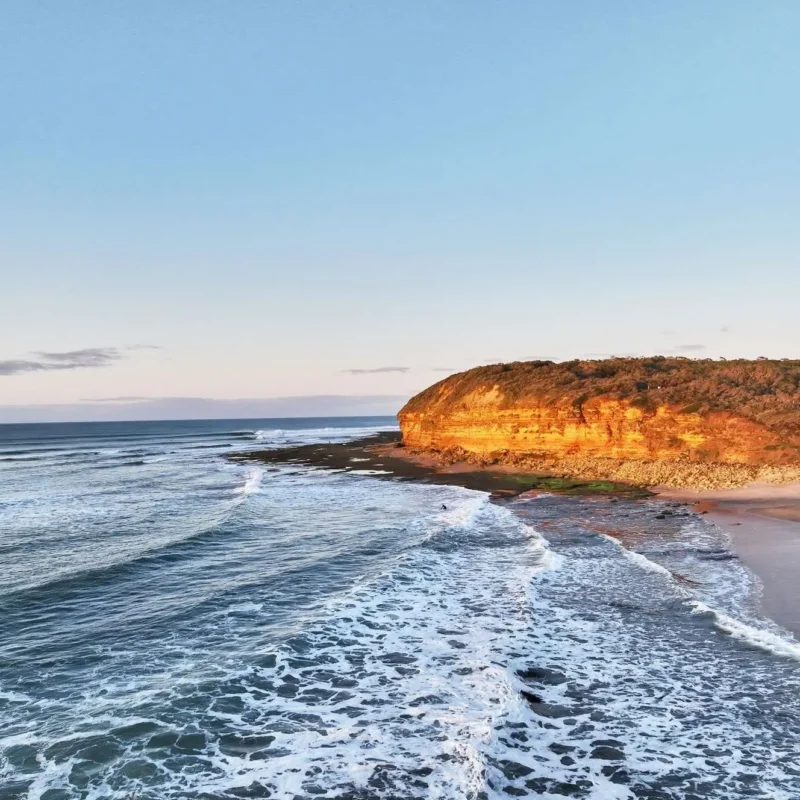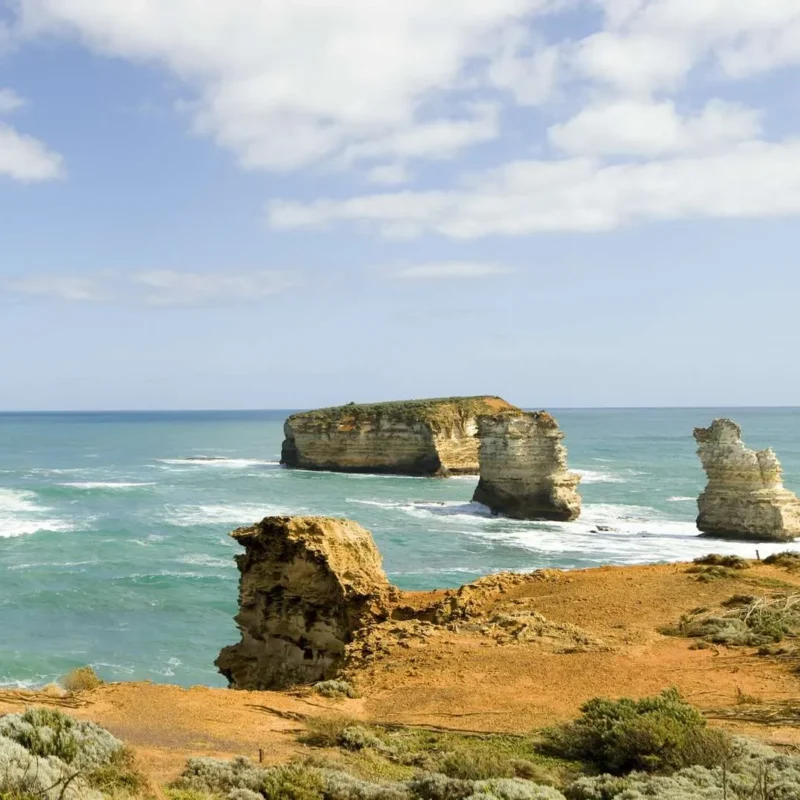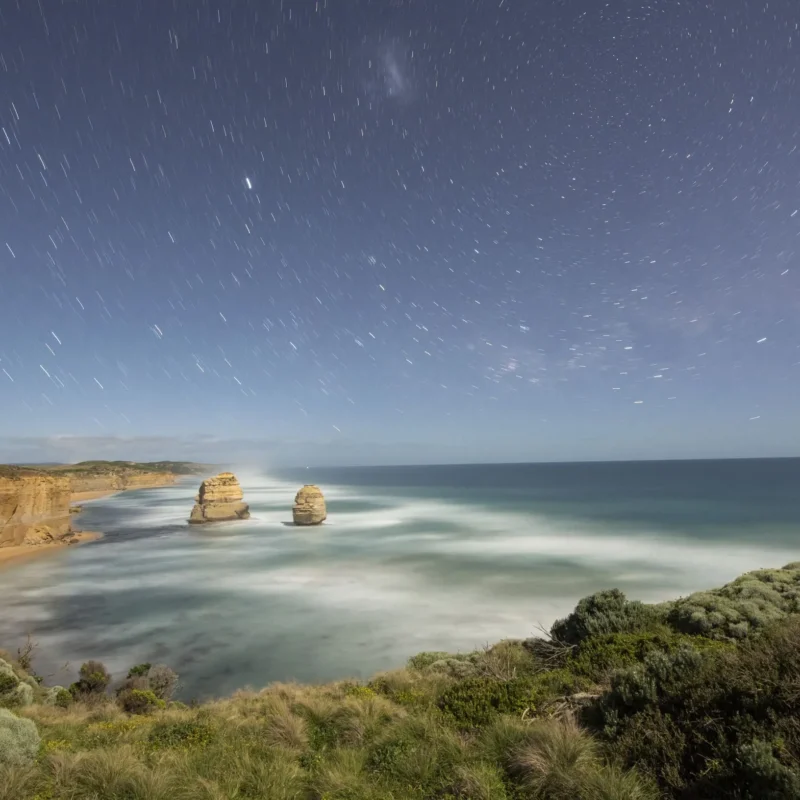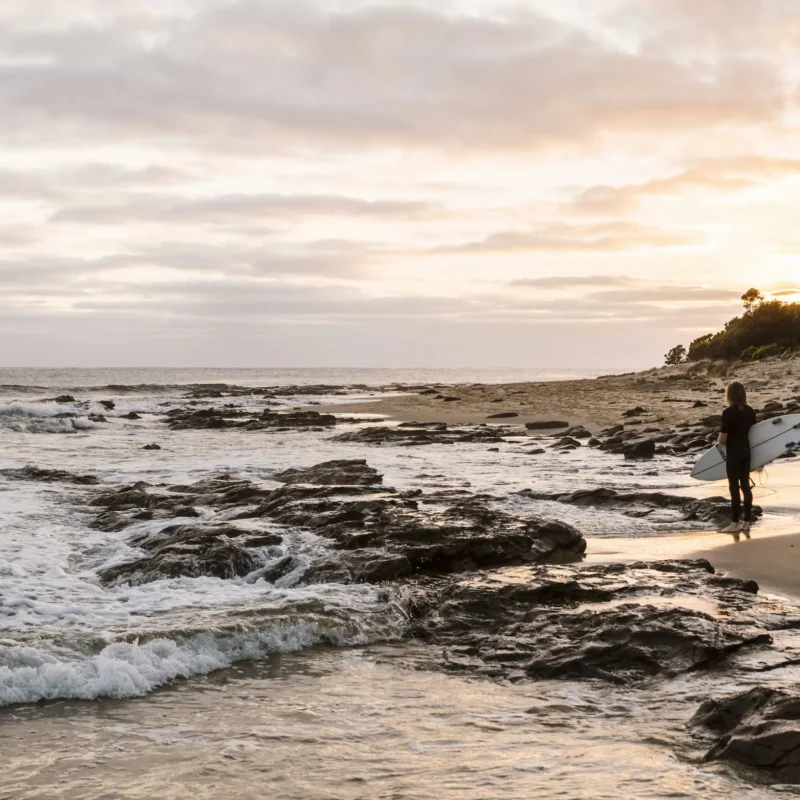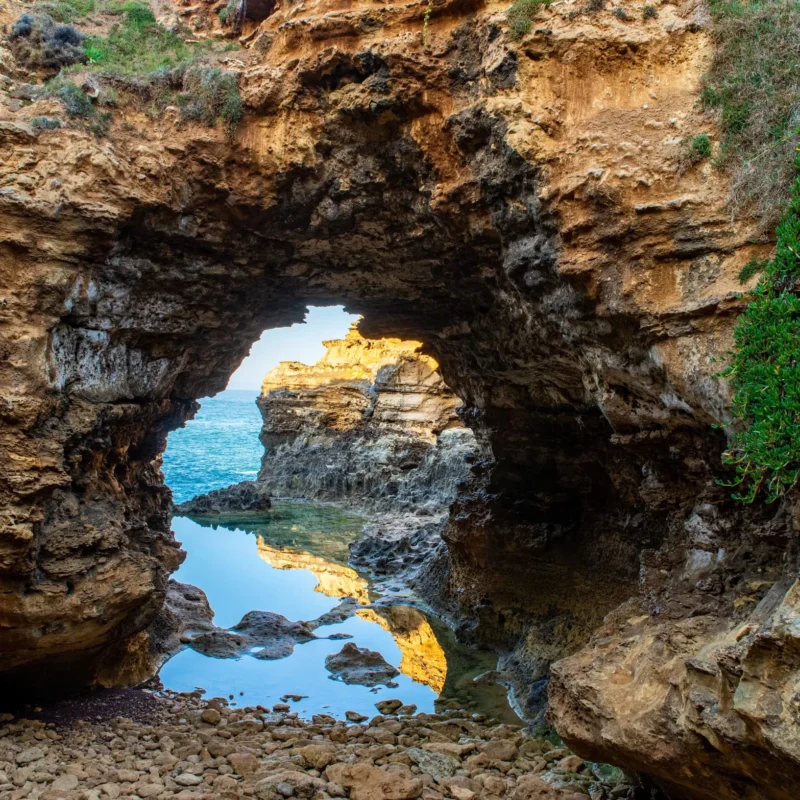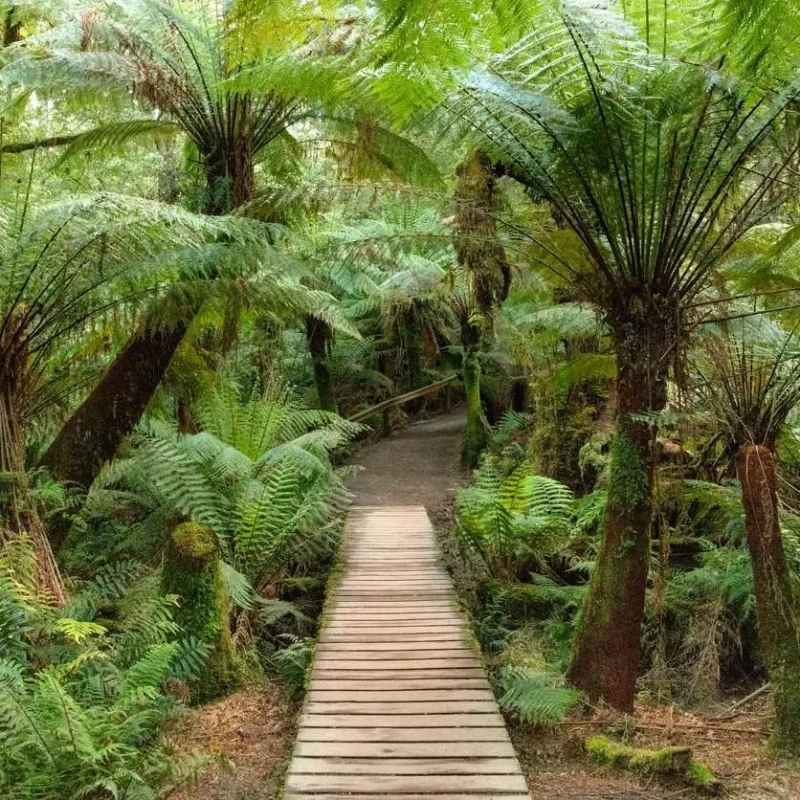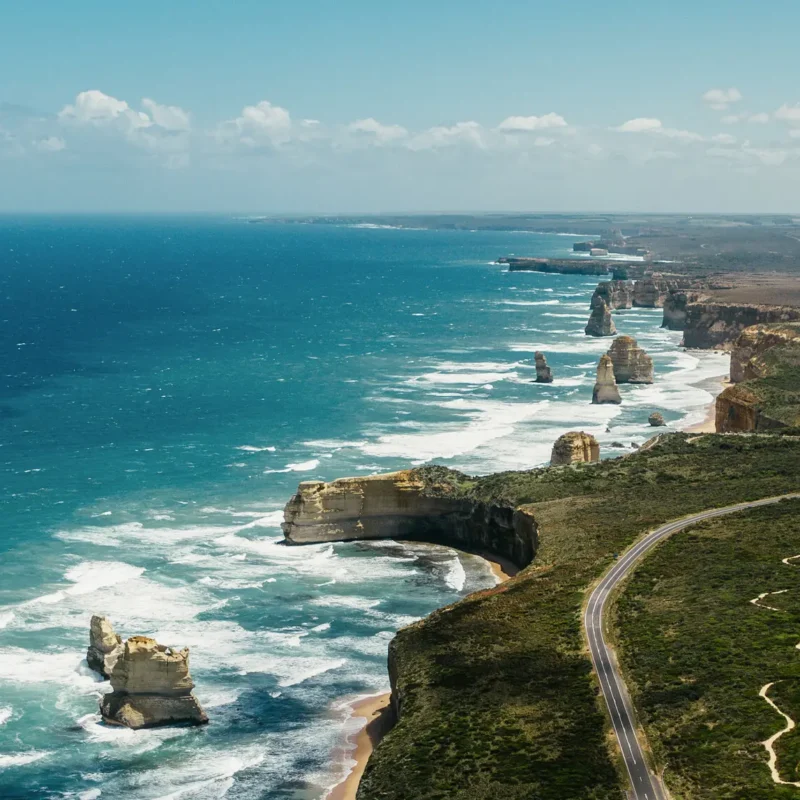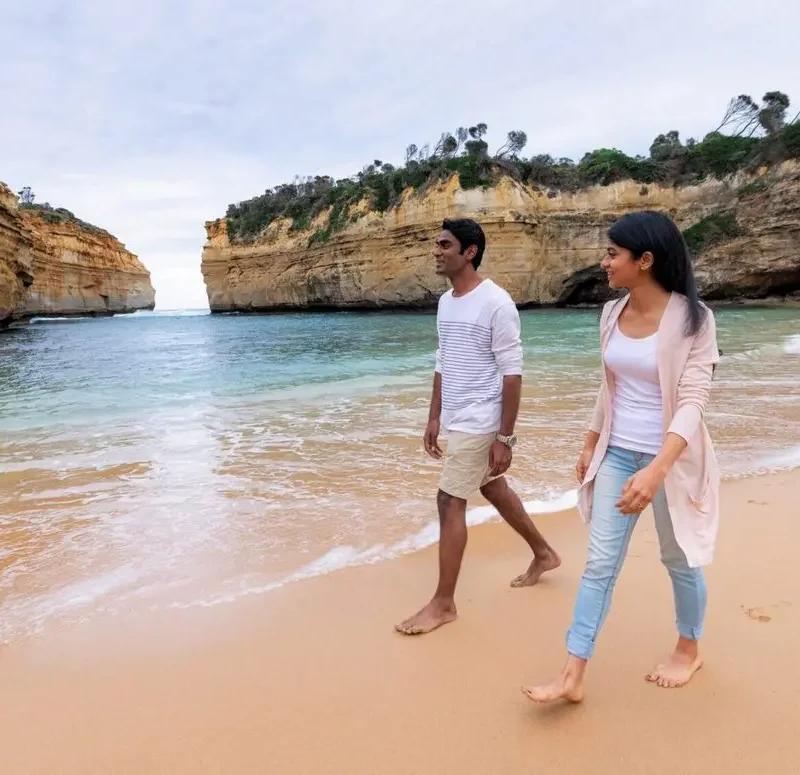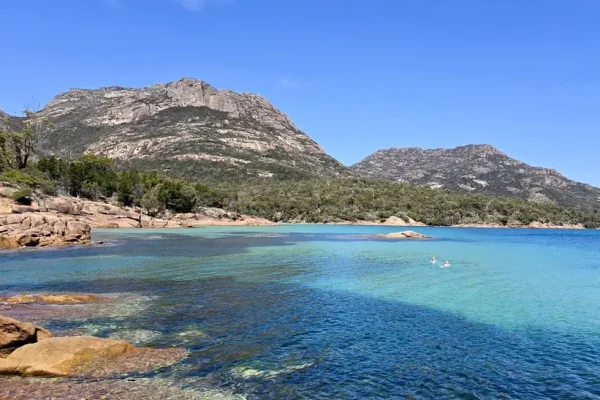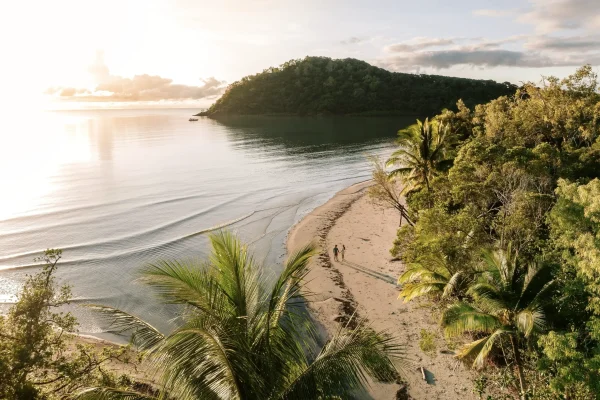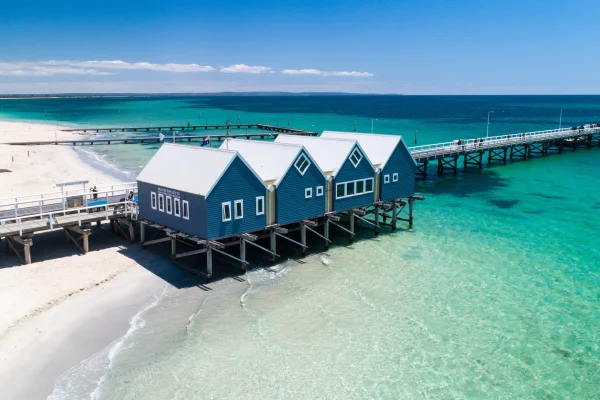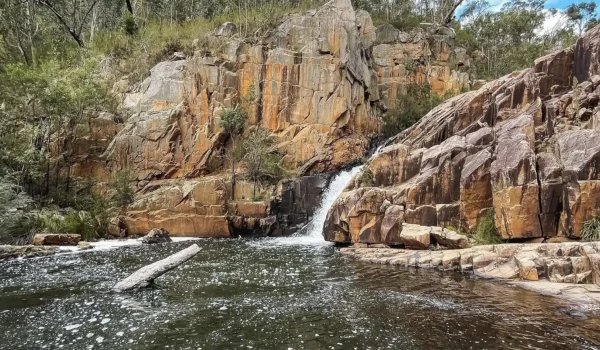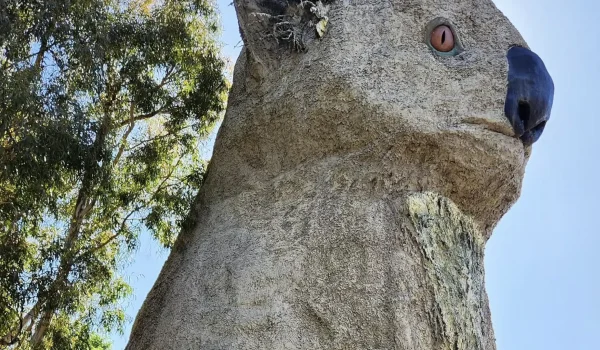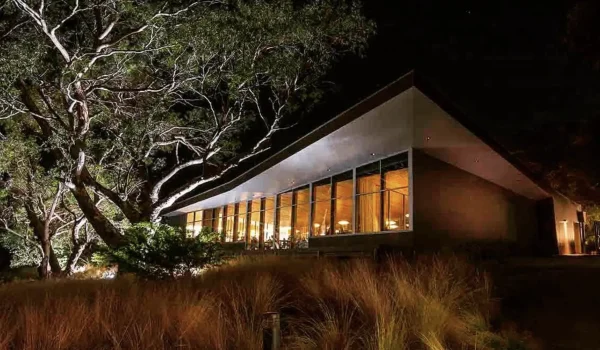In Apollo Bay, Victoria, Marengo Reefs Marine Sanctuary is a marine lover’s and nature lover’s paradise. This protected area is part of the Marine National Park; you can see all sorts of rocks, corals and marine life. There are heaps to explore here, and you can do it by snorkelling, diving, or just sitting on a watchtower in Marengo Reefs and enjoying the seaweed gardens. Marengo Reefs Marine Sanctuary is a haven for marine plant life where underwater ecosystems and playful seals live just off the beautiful coast of Apollo Bay.
Explore
Marengo Reefs Marine Sanctuary covers over 100 hectares of ocean waters with habitats ranging from coral gardens to sea weed gardens and sponge gardens. There are parks throughout the Sanctuary and heaps of species under the waterline. Intertidal reefs, subtidal reefs or offshore areas can be visited by individuals who want to see the incredible biodiversity within the sanctuary.
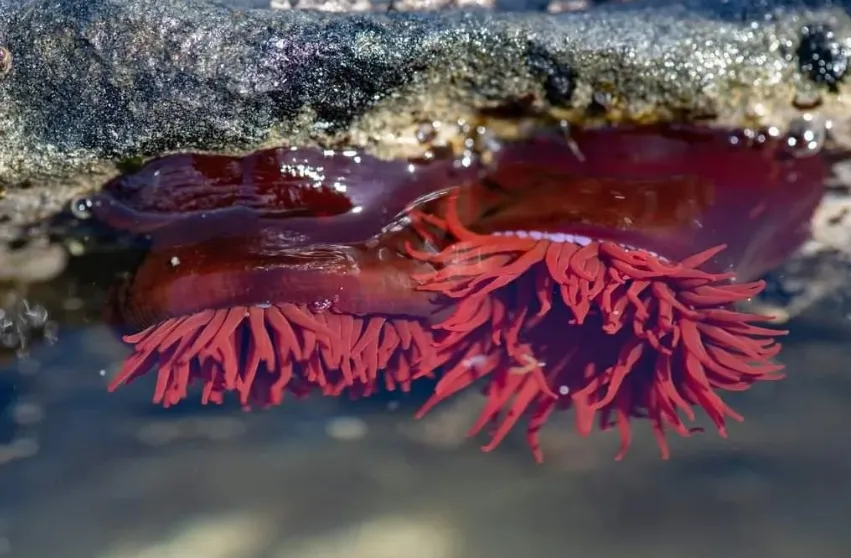
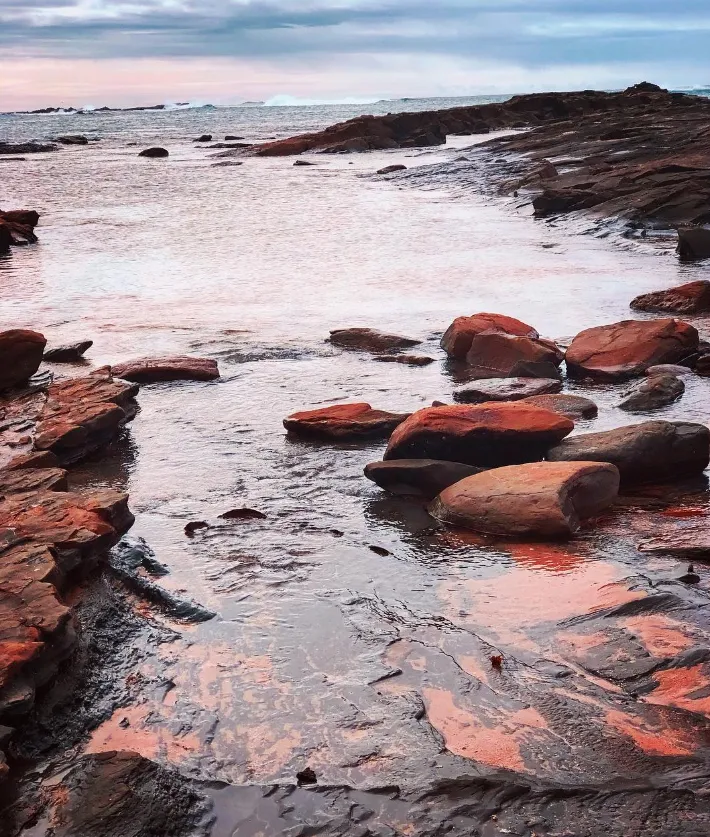
How to Get There
Getting to Marengo Reefs Marine Sanctuary is easy. The sanctuary is only a short drive from Apollo Bay, which is 3 hours from Melbourne via a scenic route. Once you arrive at the site, you can access the sanctuary by watercraft or take a day trip with local operators like Apollo Bay Fishing or Apollo Bay Surf & Kayak.
Need to Know
Before you go to Marengo Reefs Marine Sanctuary you should know a few things. The sanctuary is no fishing or collecting of reef plant life as this would disrupt the delicate ecosystems. Bring waterproof hiking boots for walking on rocky beaches and be aware of the tides when walking or boating. Snorkellers prefer calm waters and divers like mild currents.
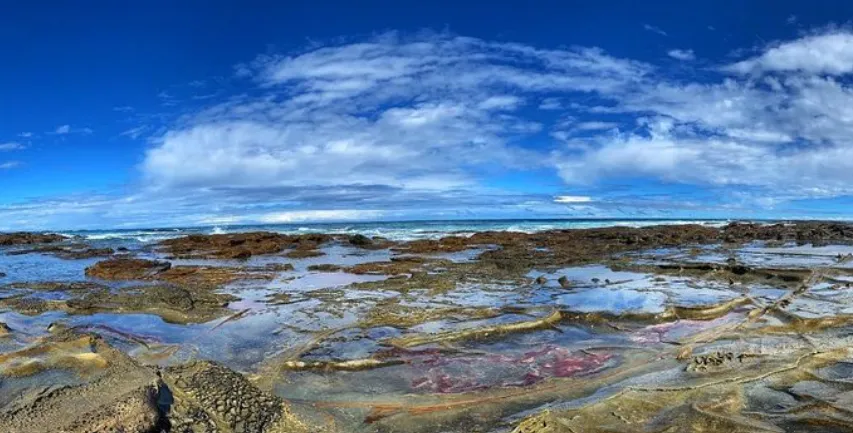
Biodiversity
The biodiversity in Marengo Reefs is incredible. Kelp beds dominate this habitat with giant bull kelp and numerous soft corals on different coral formations that support heaps of species, including weeds, seadragon, and a variety of fish. Abundant coral and marine life makes it the perfect place for scientific research and eco-tourism.
Wildlife
The wildlife in Marengo Reefs is as varied as the habitats. You may see sea stars, anemones or many fish species. The sanctuary is also famous for dolphins and seals in the area. The giant bull kelp and rocky formations provide them with homes and feeding grounds.
Seals
In addition to all the other attractions the sanctuary has heaps of seals. Most of the time you can see them sunbathing on rocks or swimming in the water. So boat trips become even more exciting when you see them and this is your chance to see these amazing creatures in their natural habitat while snorkelling.
Weedy Seadragon
Weedy seadragons are another inhabitant of Marengo Reefs Marine Sanctuary. These very rare creatures are hiding in beautiful seaweed gardens and coral reefs because they look just like leaves, hence the names “weedy” and “Dragons”. Both scuba divers and snorkelers will love this when they see one of these special creatures underwater.
Dolphins
Dolphins are regular visitors to Marengo Reefs, so it’s a must-see for tourists. These intelligent and agile mammals will put on a show and can be seen swimming alongside the boat or jumping out of the water. Many visits to the sanctuary will include seeing dolphins in their natural habitat as part of the tour.
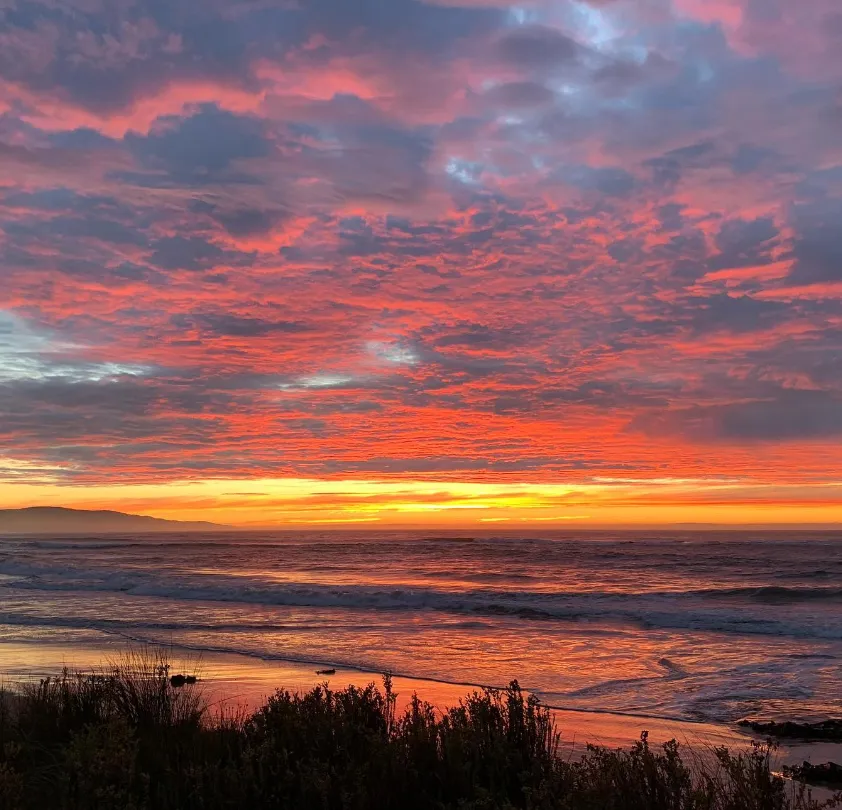
Fishing in the Right Place
Fishing is not allowed within the boundaries of Marengo Reefs Marine Sanctuary. However there are good fishing spots near by such as Apollo Bay. If you do want to fish make sure you follow the rules set by local authorities and find places where you can fish responsibly outside of the sanctuary boundaries.
But don’t despair; there are other options nearby, such as Apollo Bay. Located just outside the sanctuary itself, Apollo Bay has many spots to fish in pristine waters. It’s a popular spot for both professional anglers and recreational fishers because of the variety of fish that can be caught, from snapper to whiting to Australian salmon.
Ready for an adventure? Our Great Ocean Road tour from Melbourne offers incredible sights and experiences. Book your spot today for a journey to remember!
Boat Tours in Marengo Reefs
Boat tours are a great way to experience Marengo Reefs Marine Sanctuary without impacting its fragile ecosystems. The tour will take you to different parts of this protected area, including the intersecting deep sea and narrow waterways.
These boat tours have experienced guides who will provide information on the marine life in this sanctuary, conservation efforts and the ecological significance of this area. They will tell you interesting facts about the creatures that live there including rare species you wouldn’t normally see.
